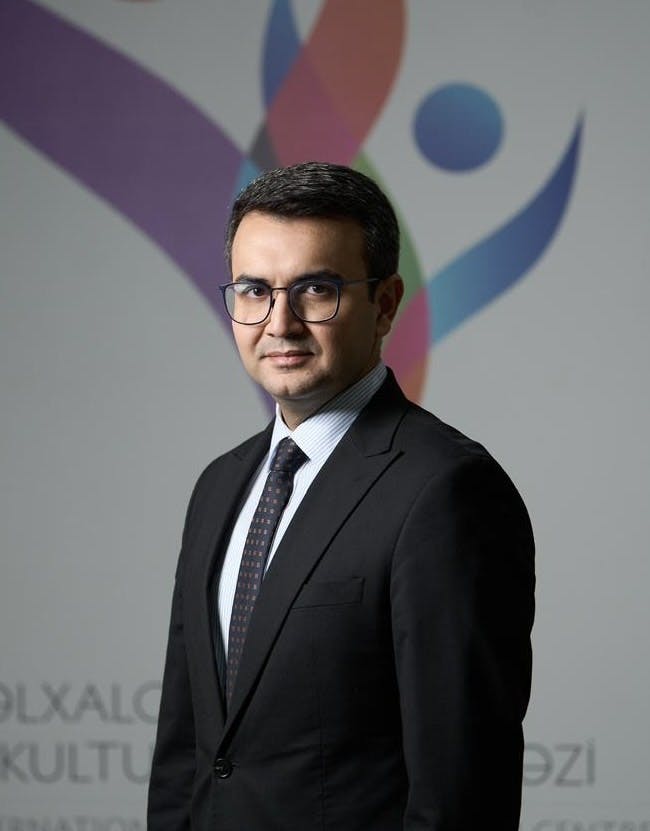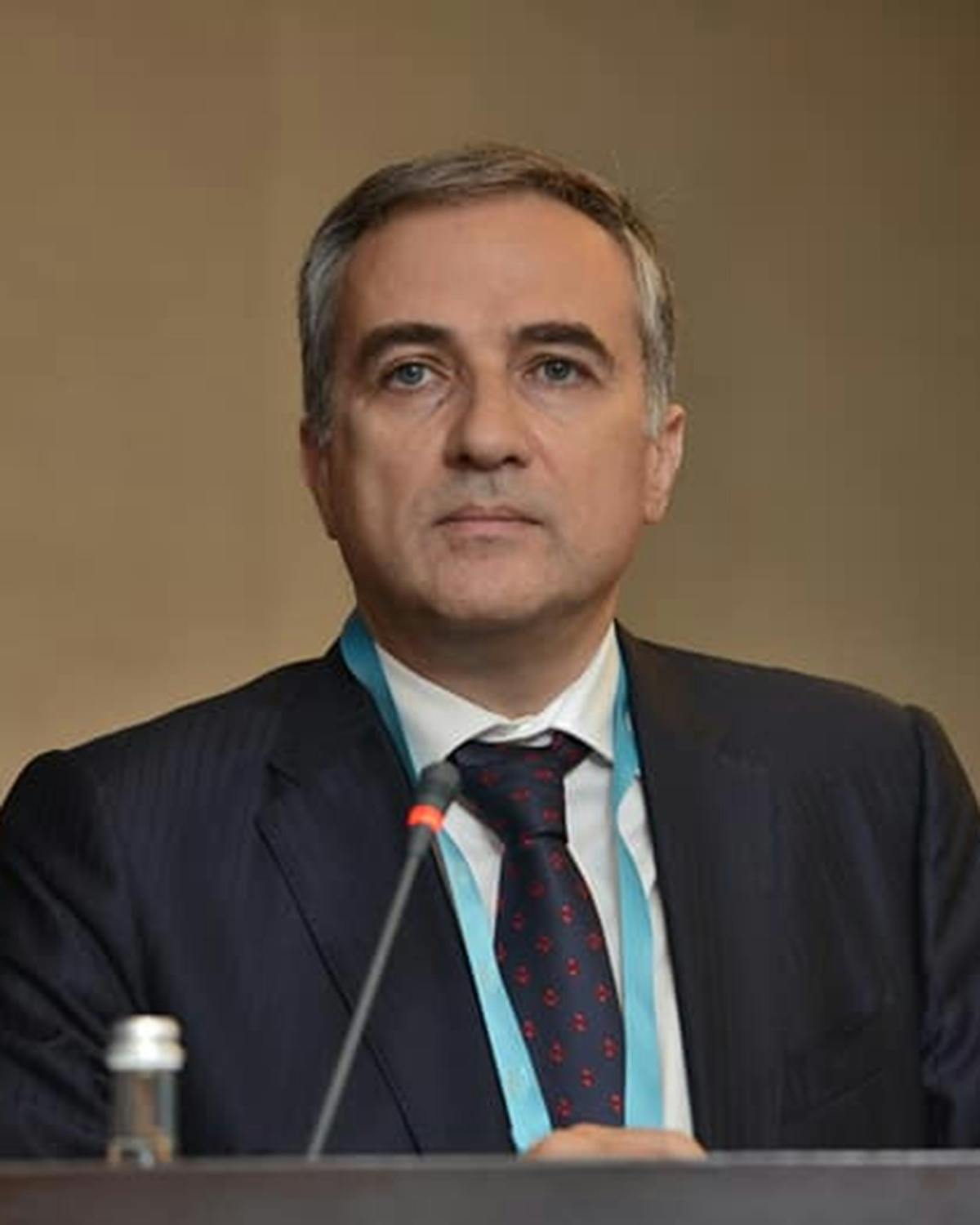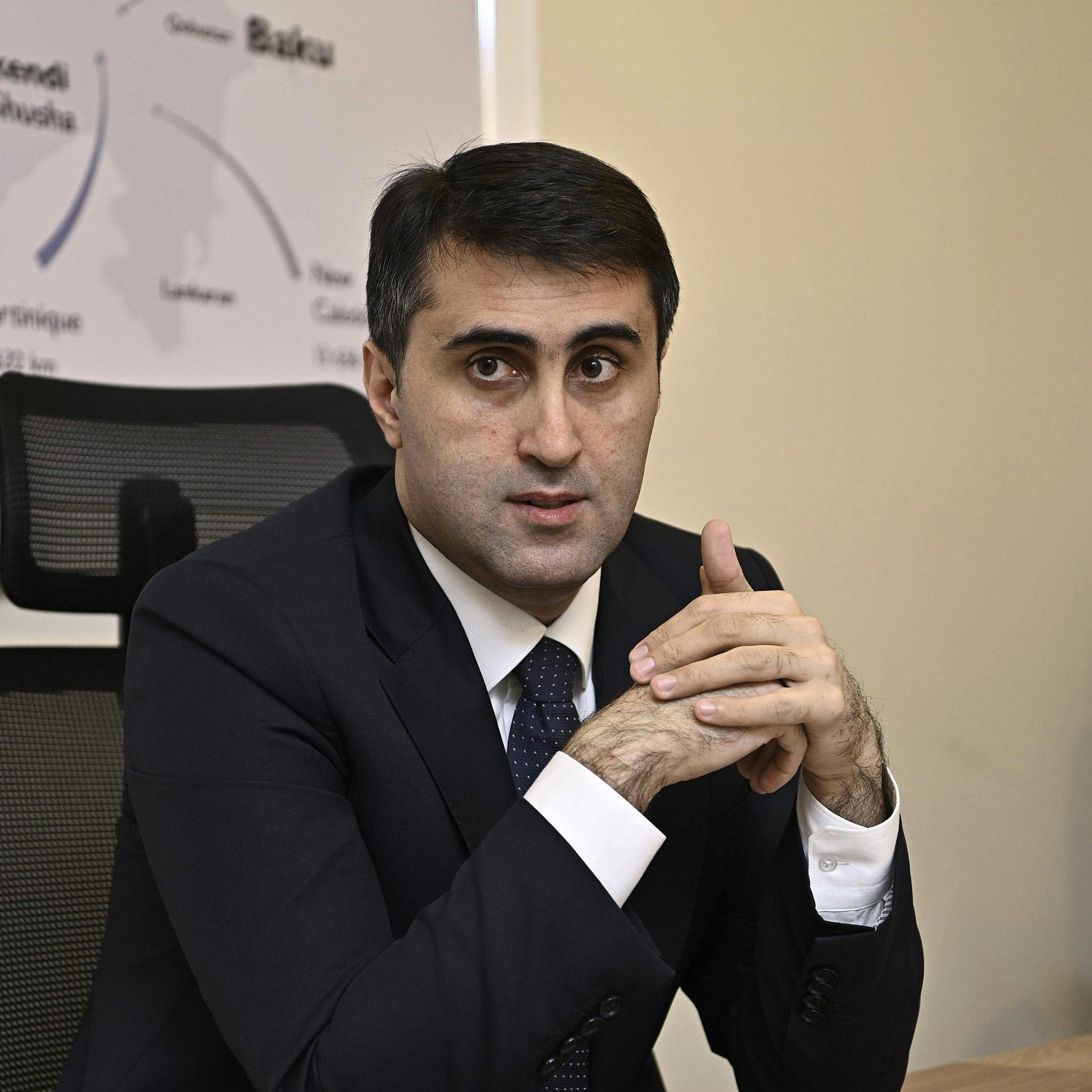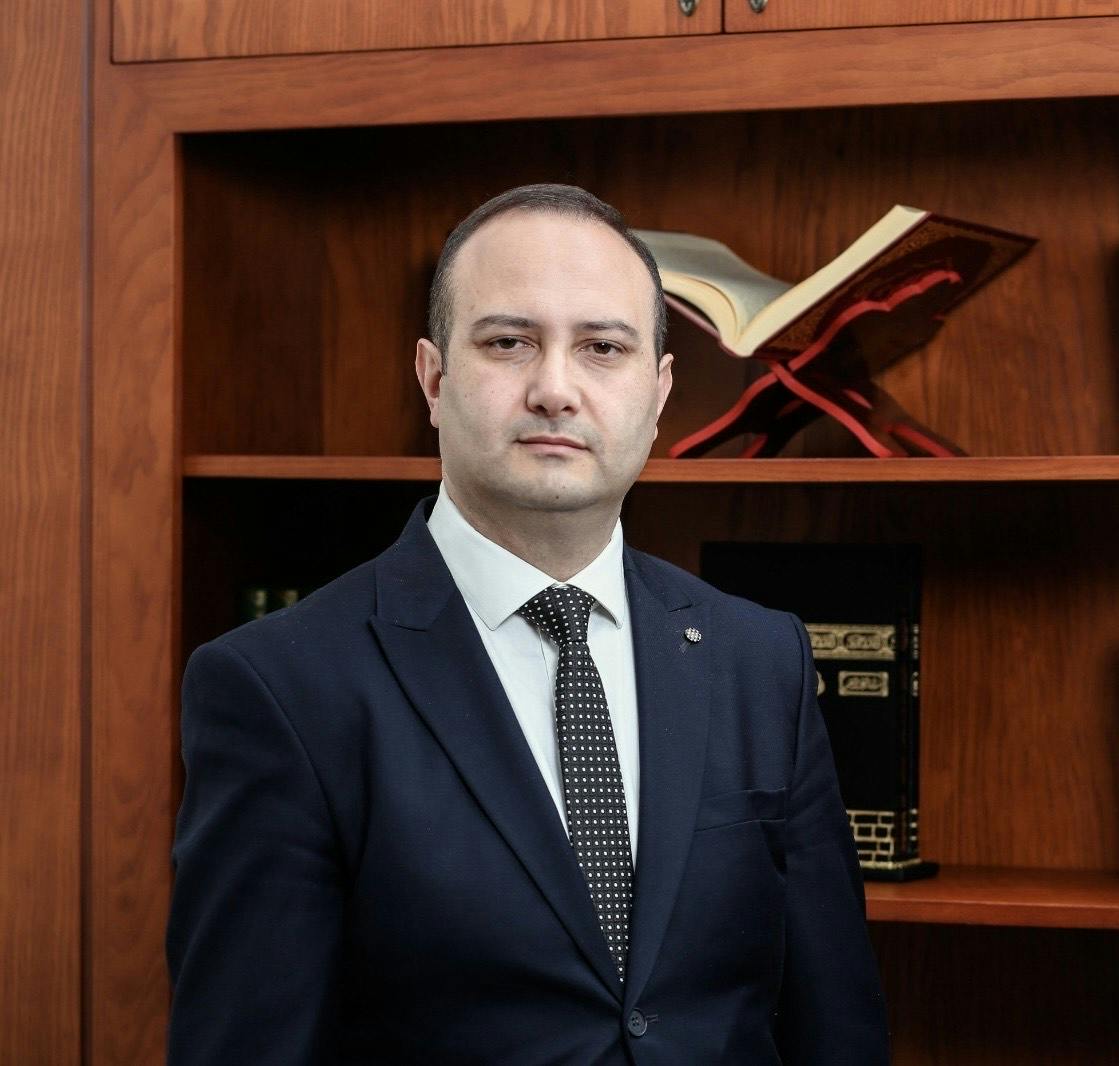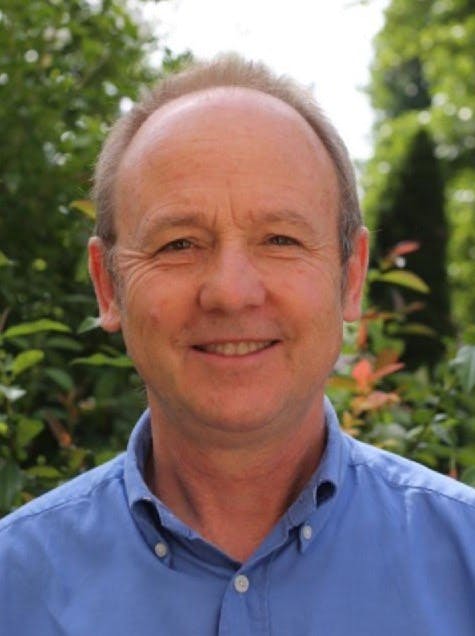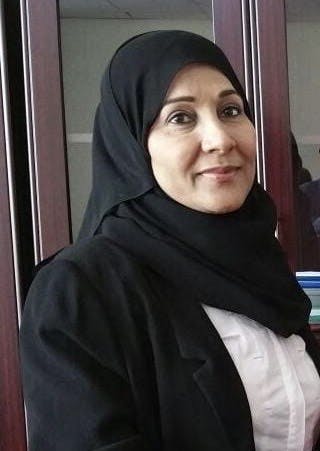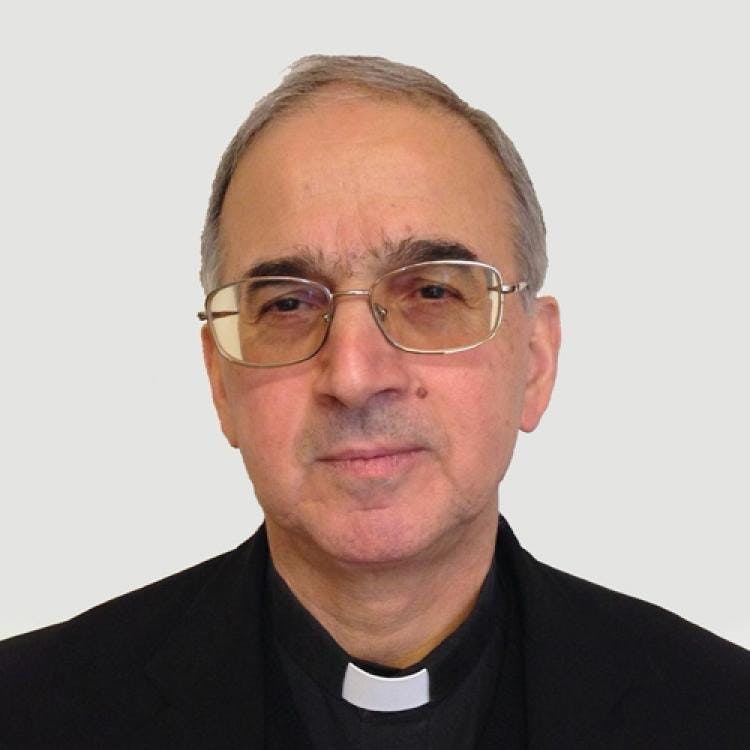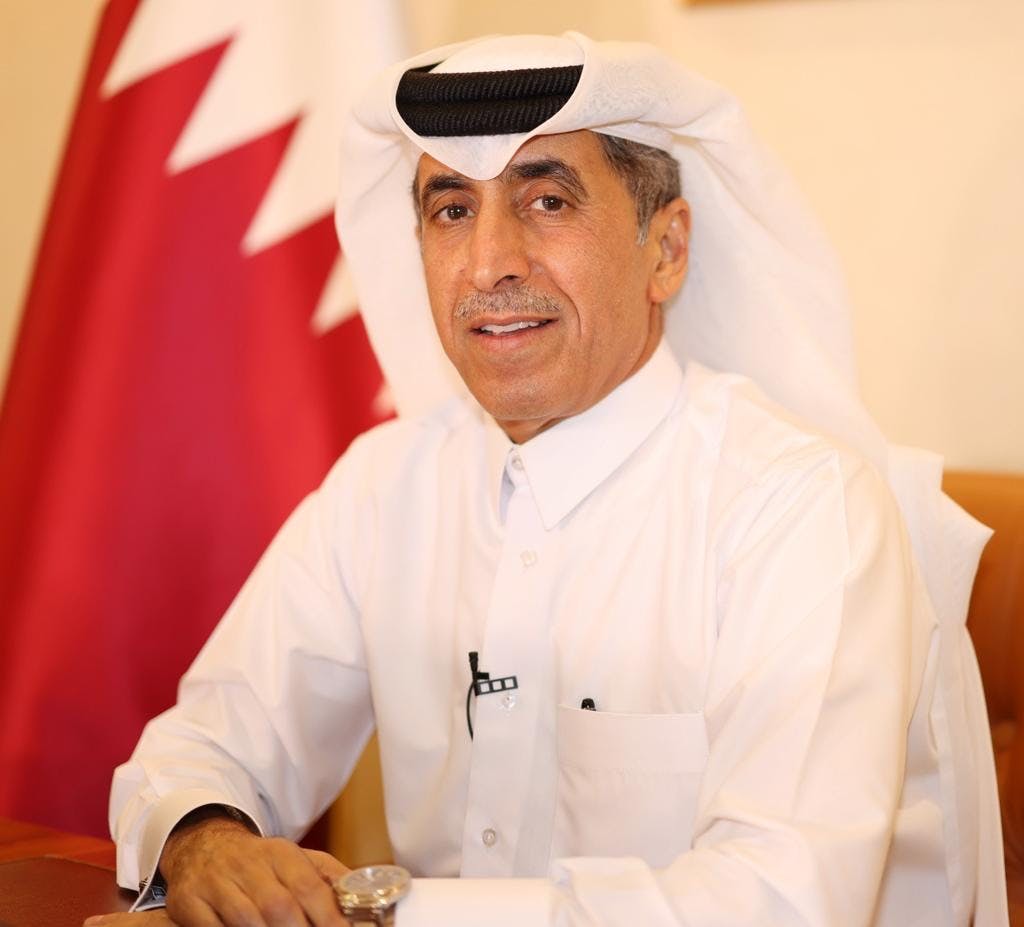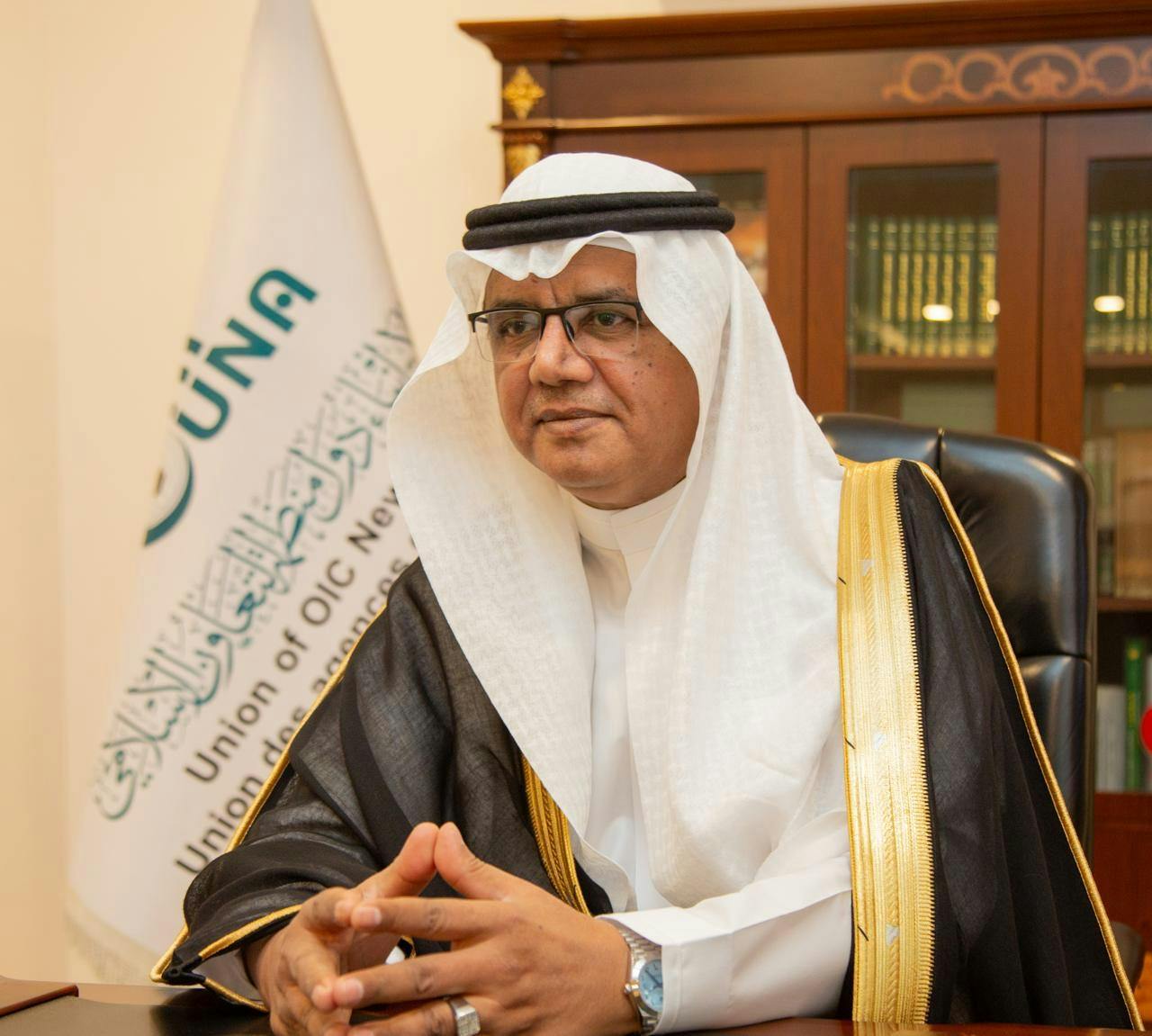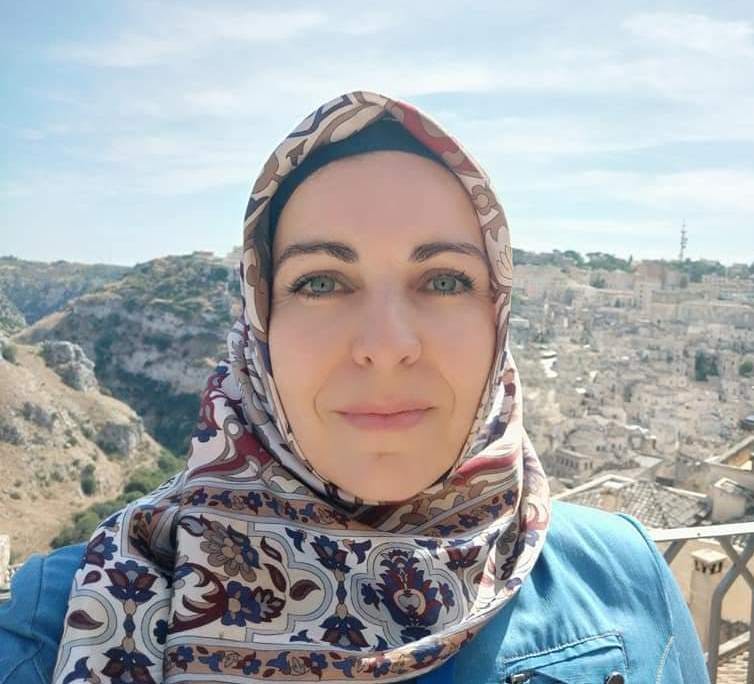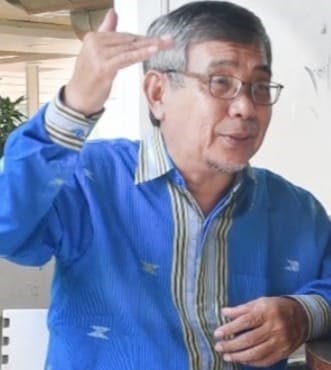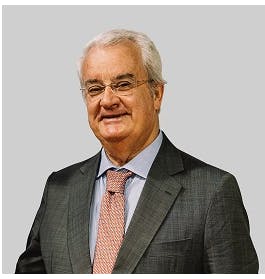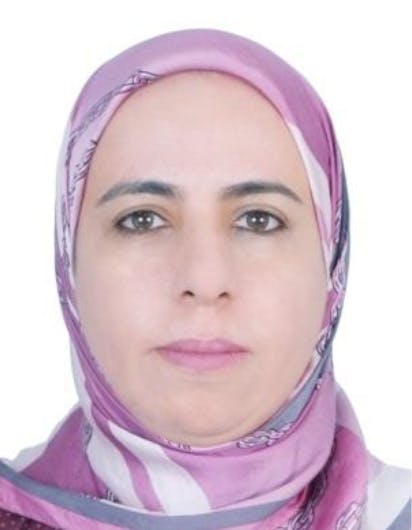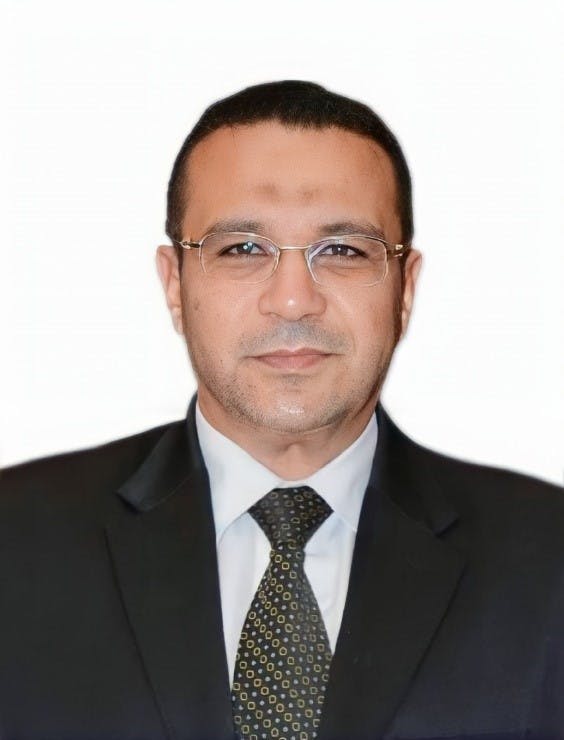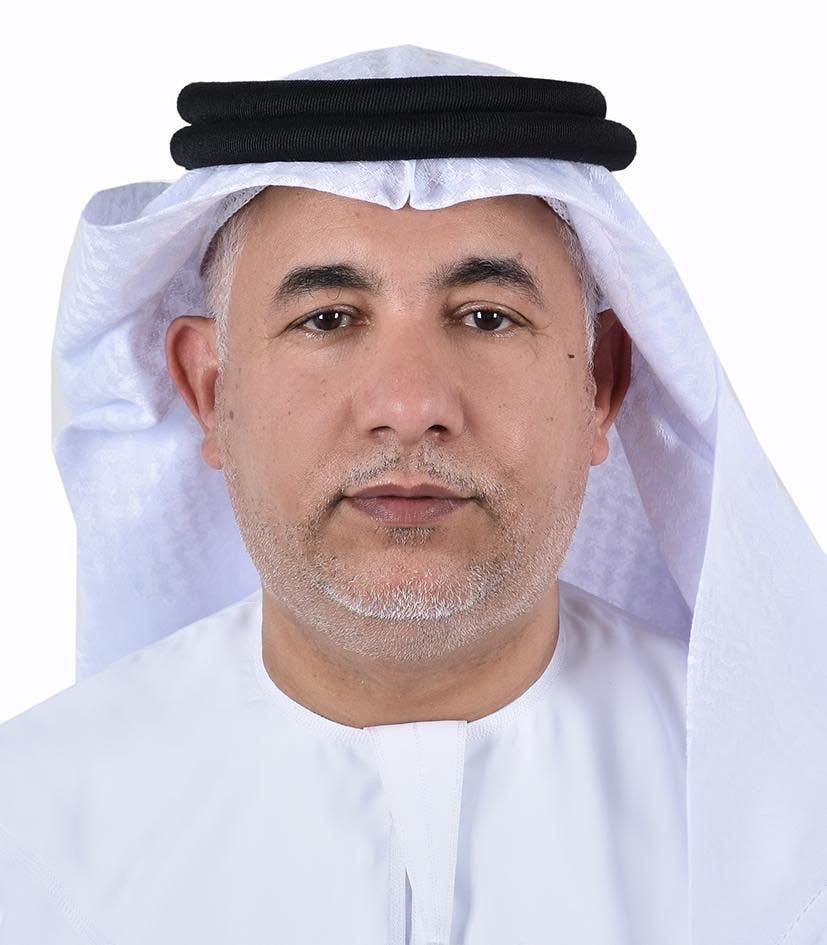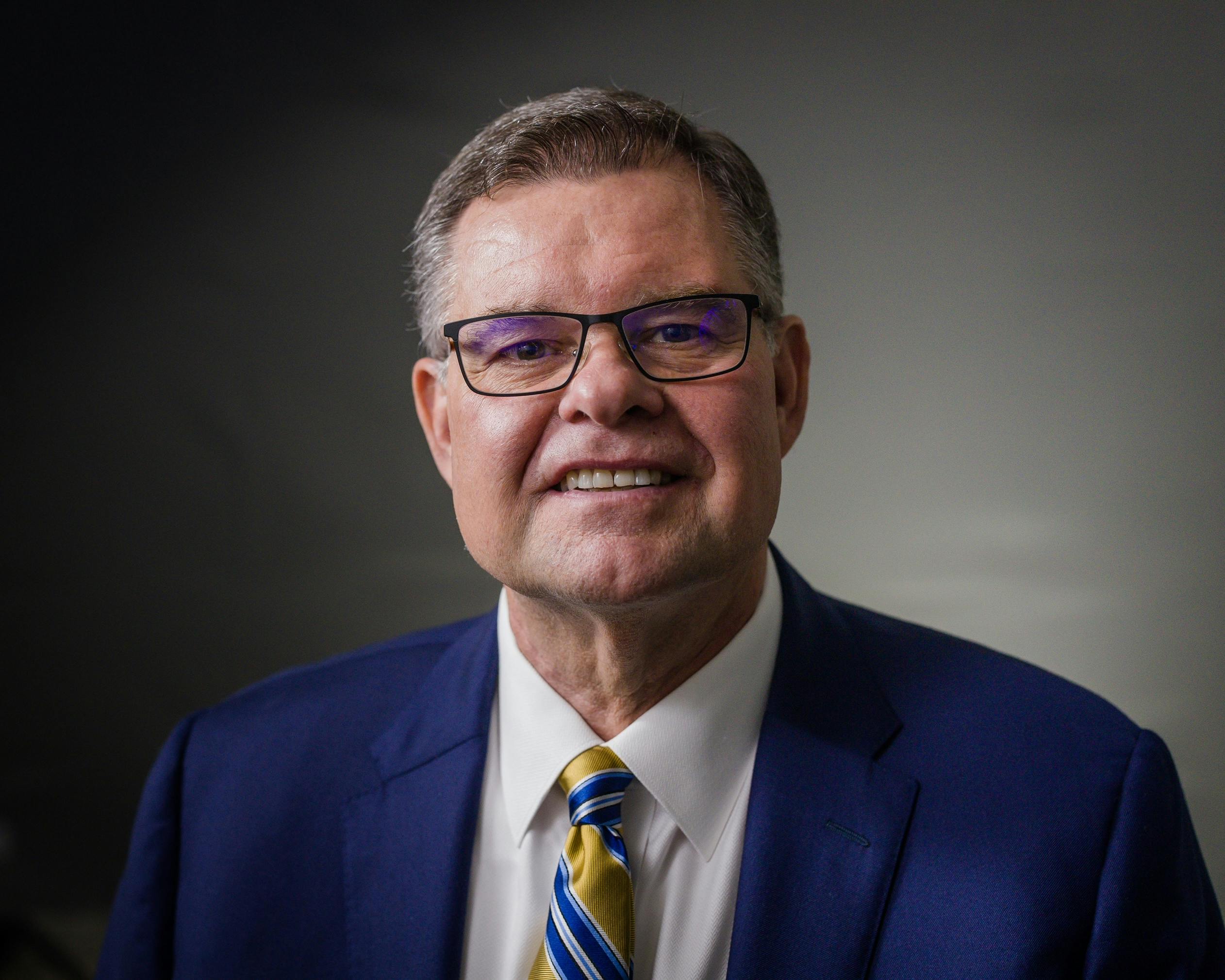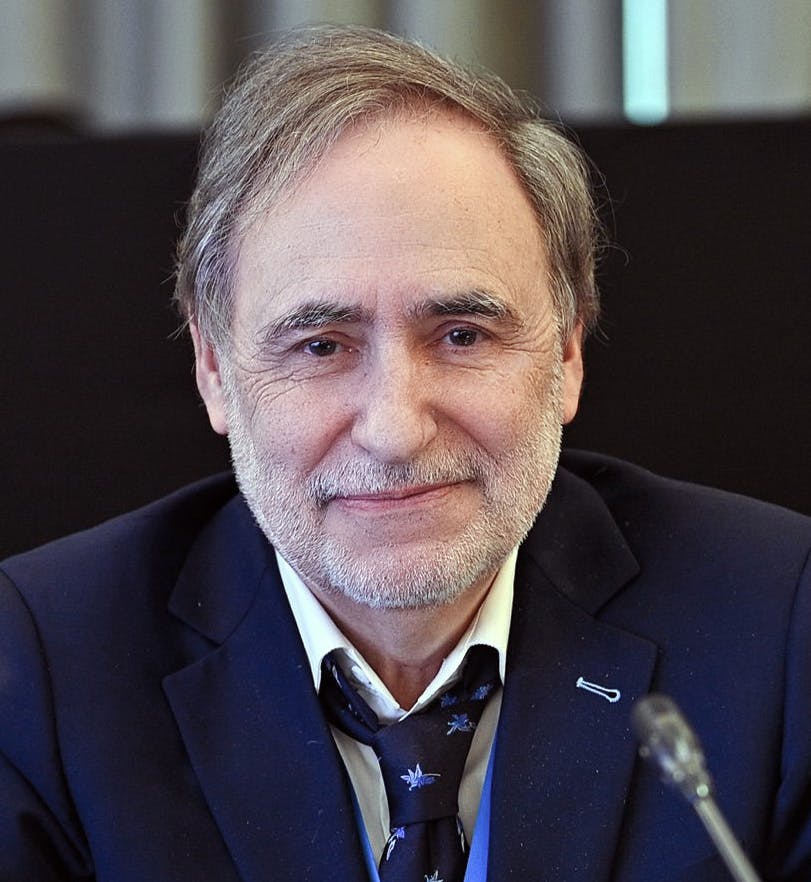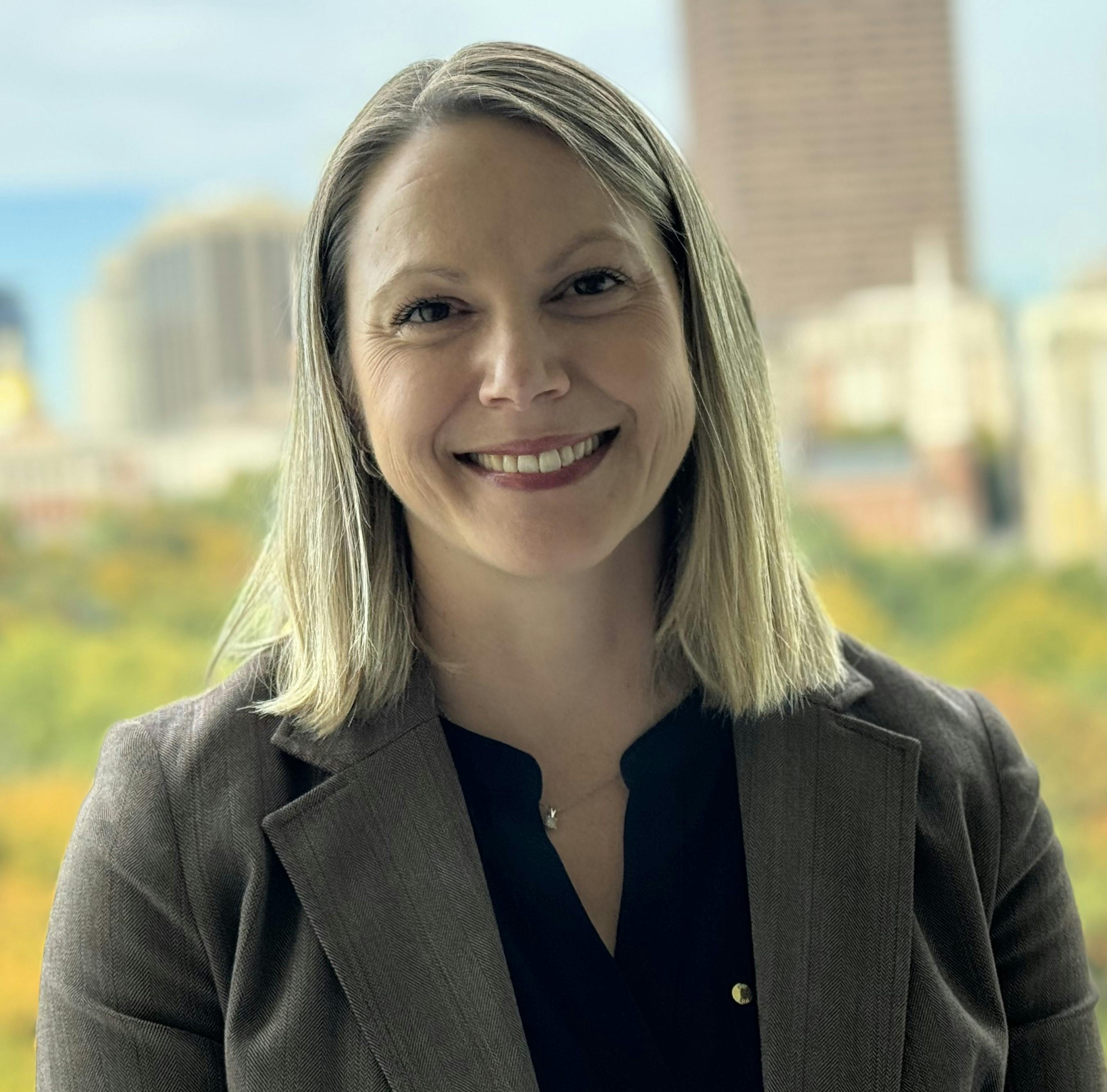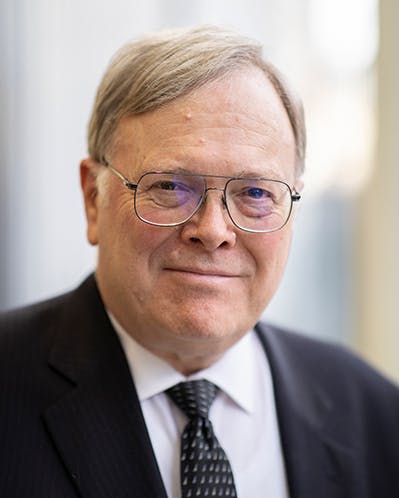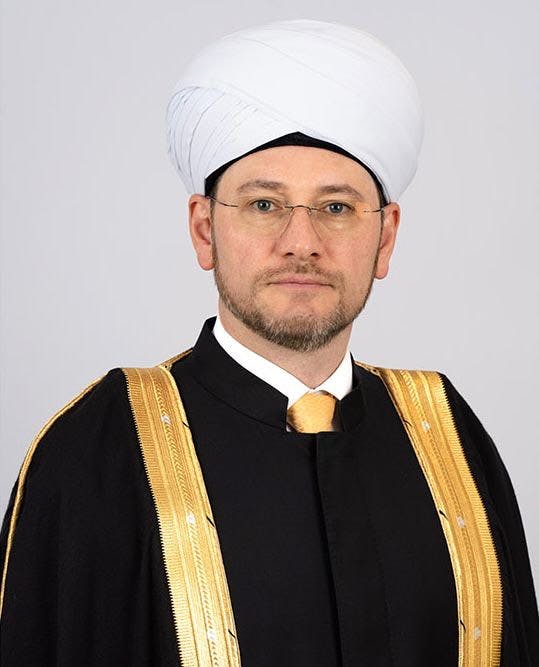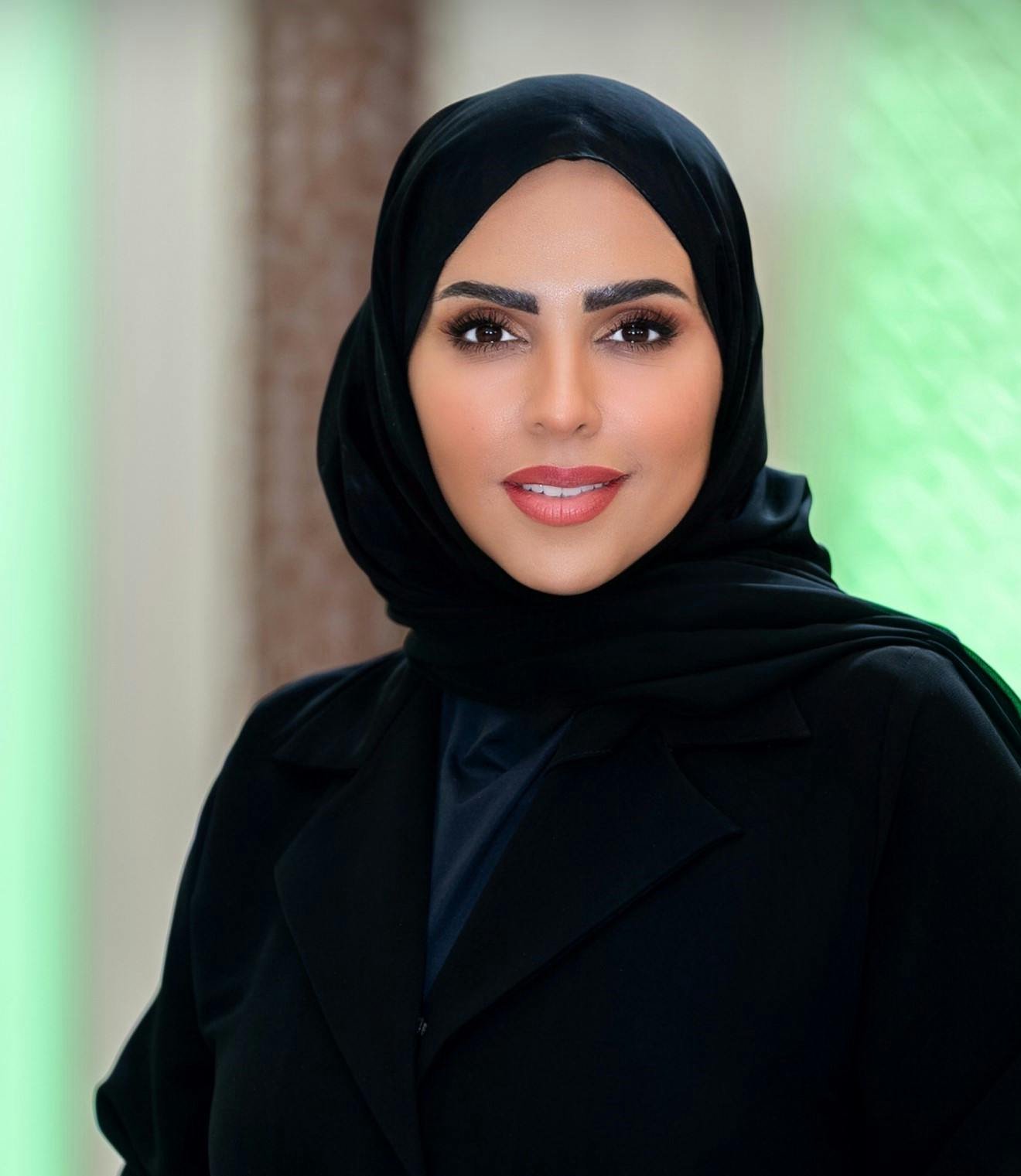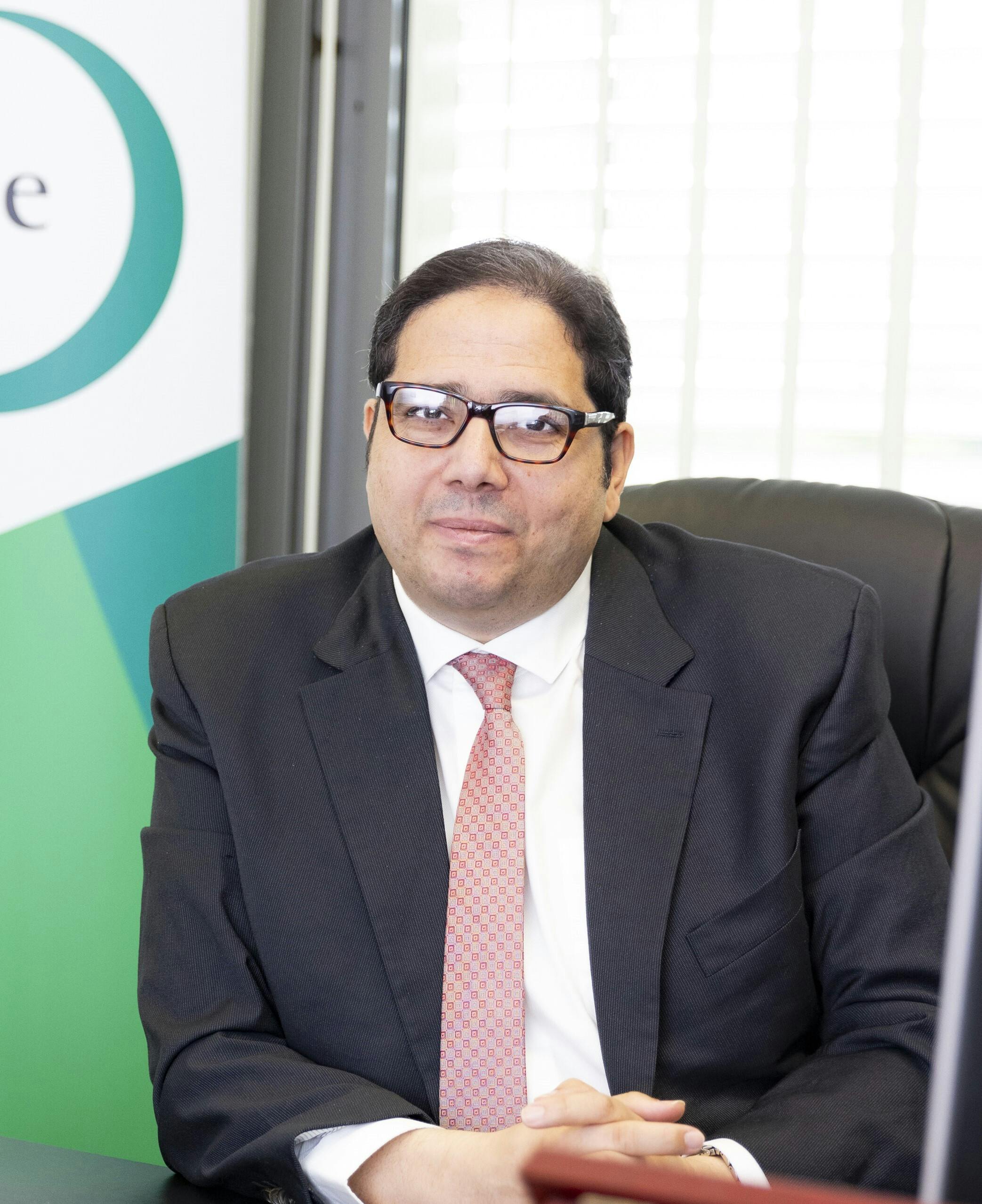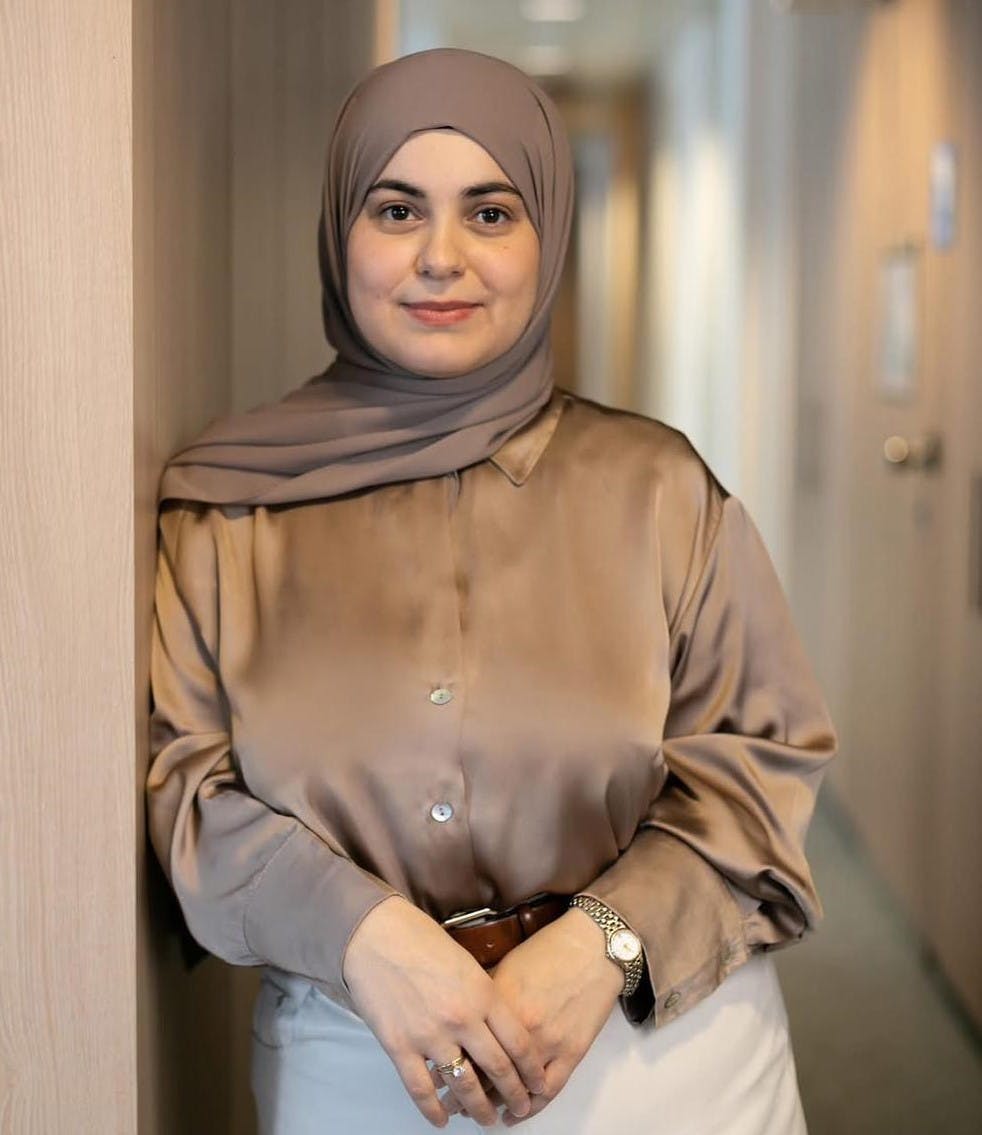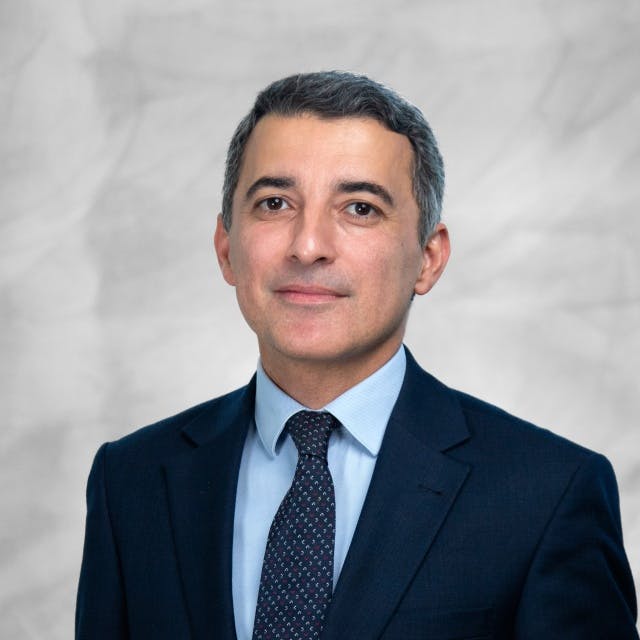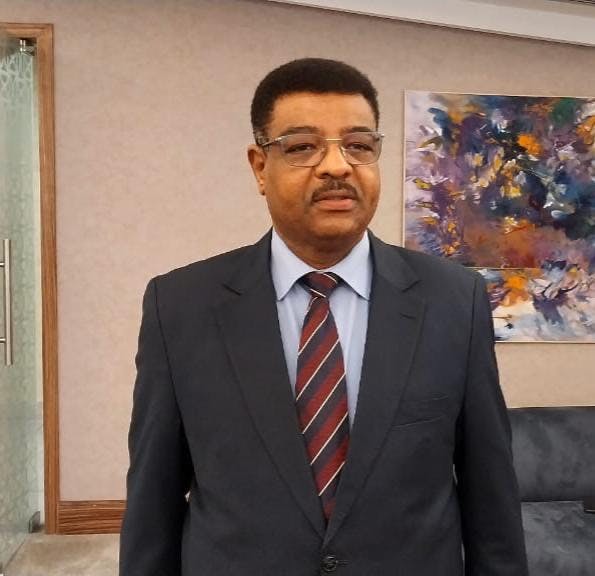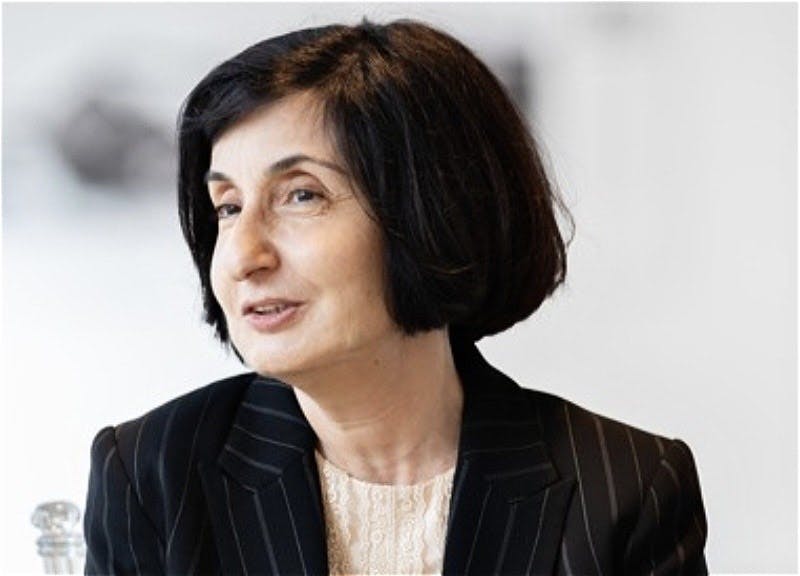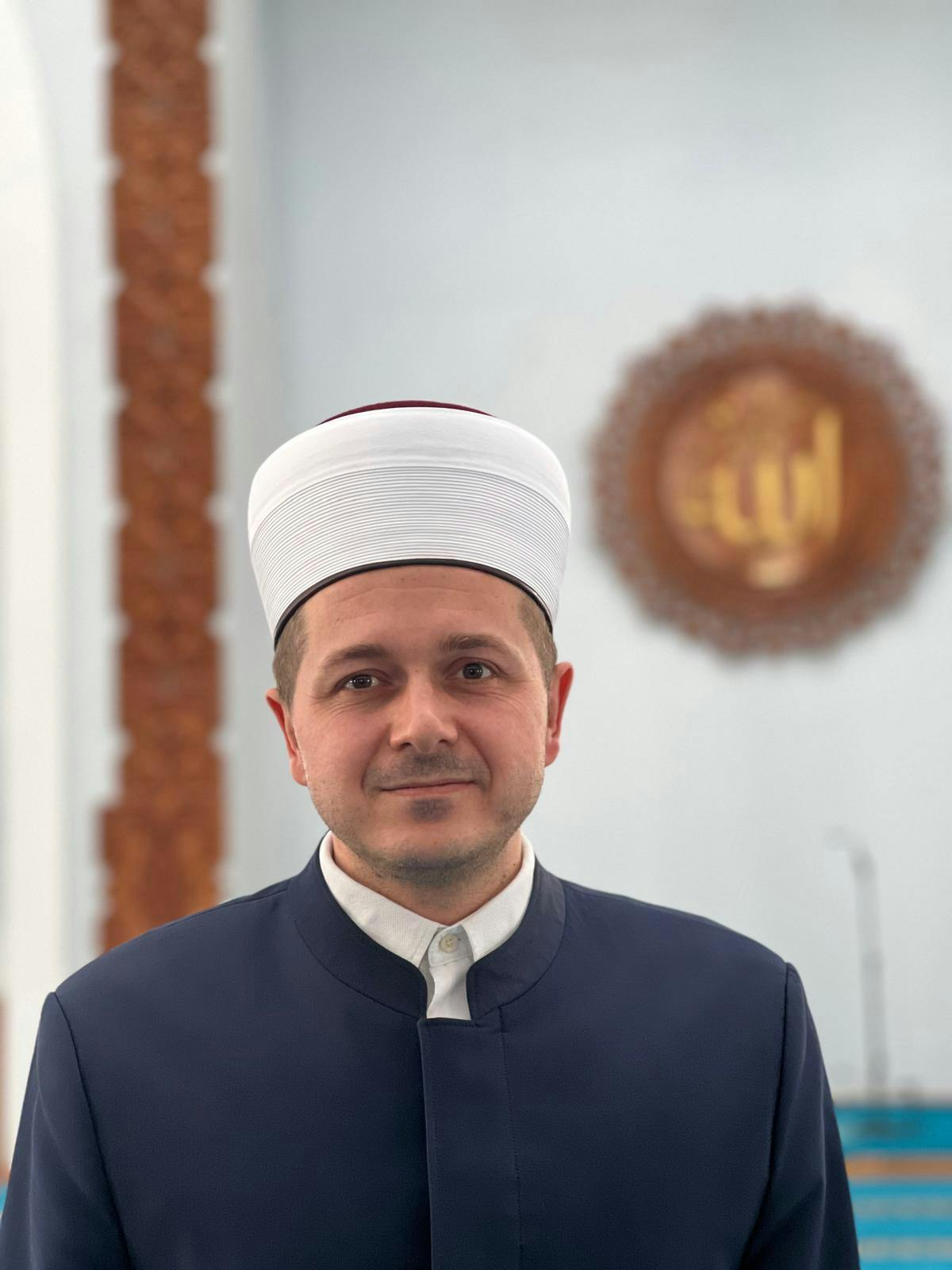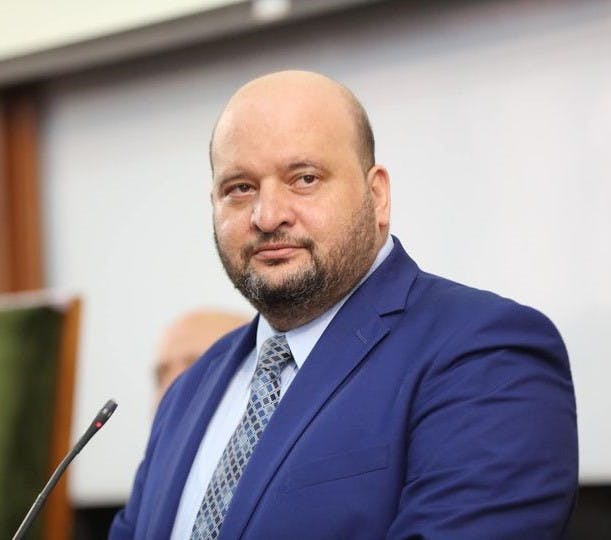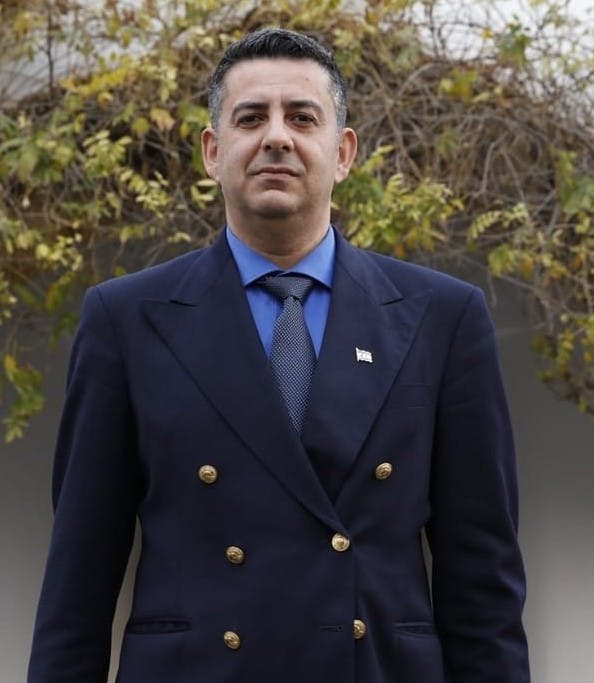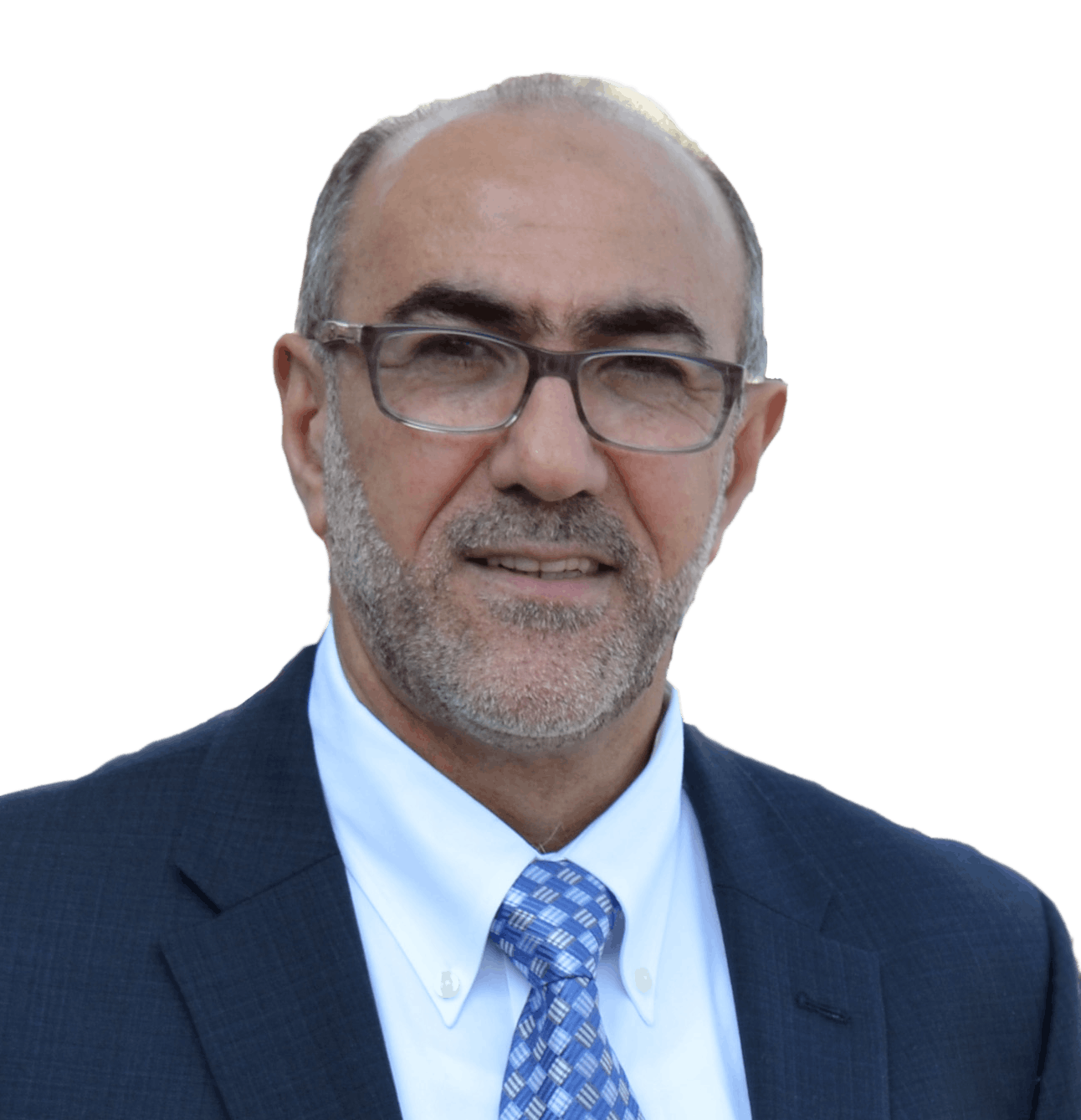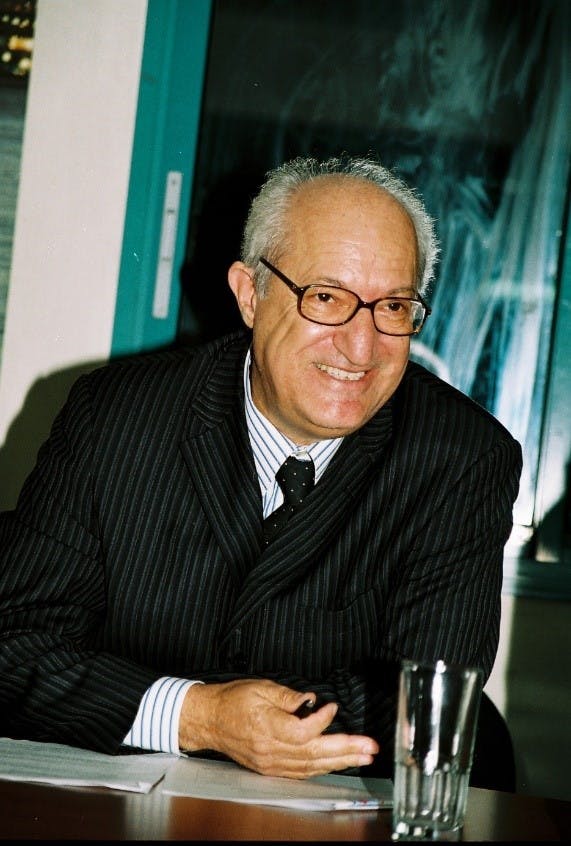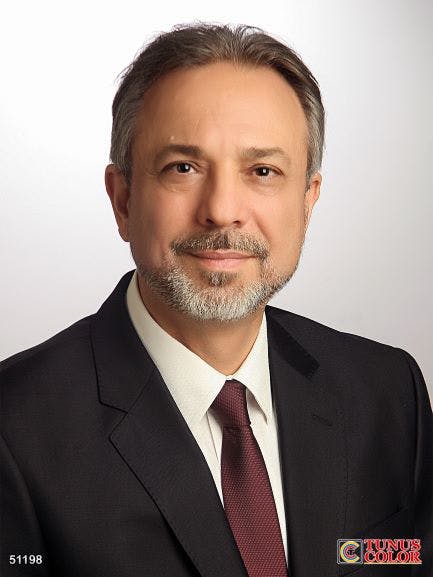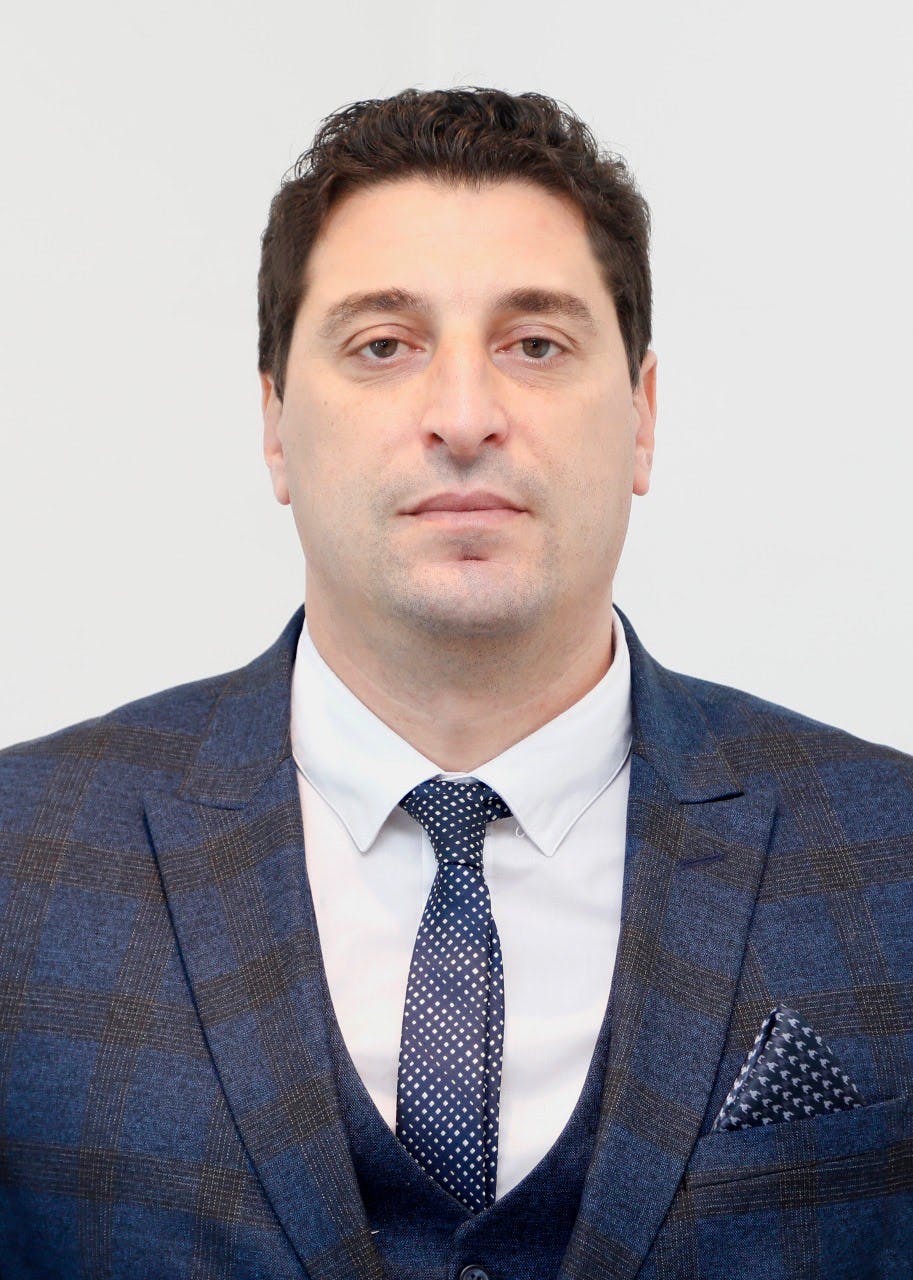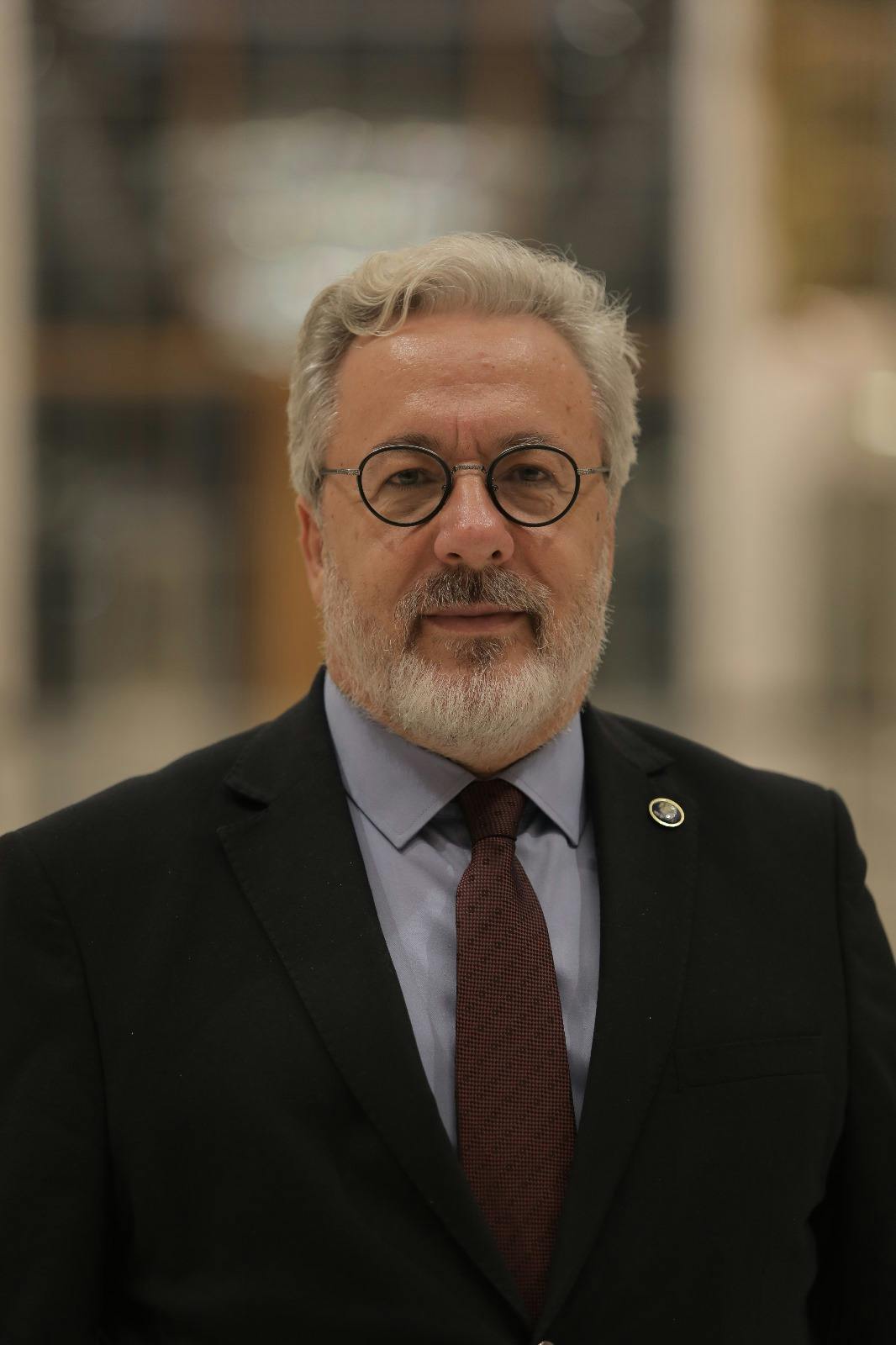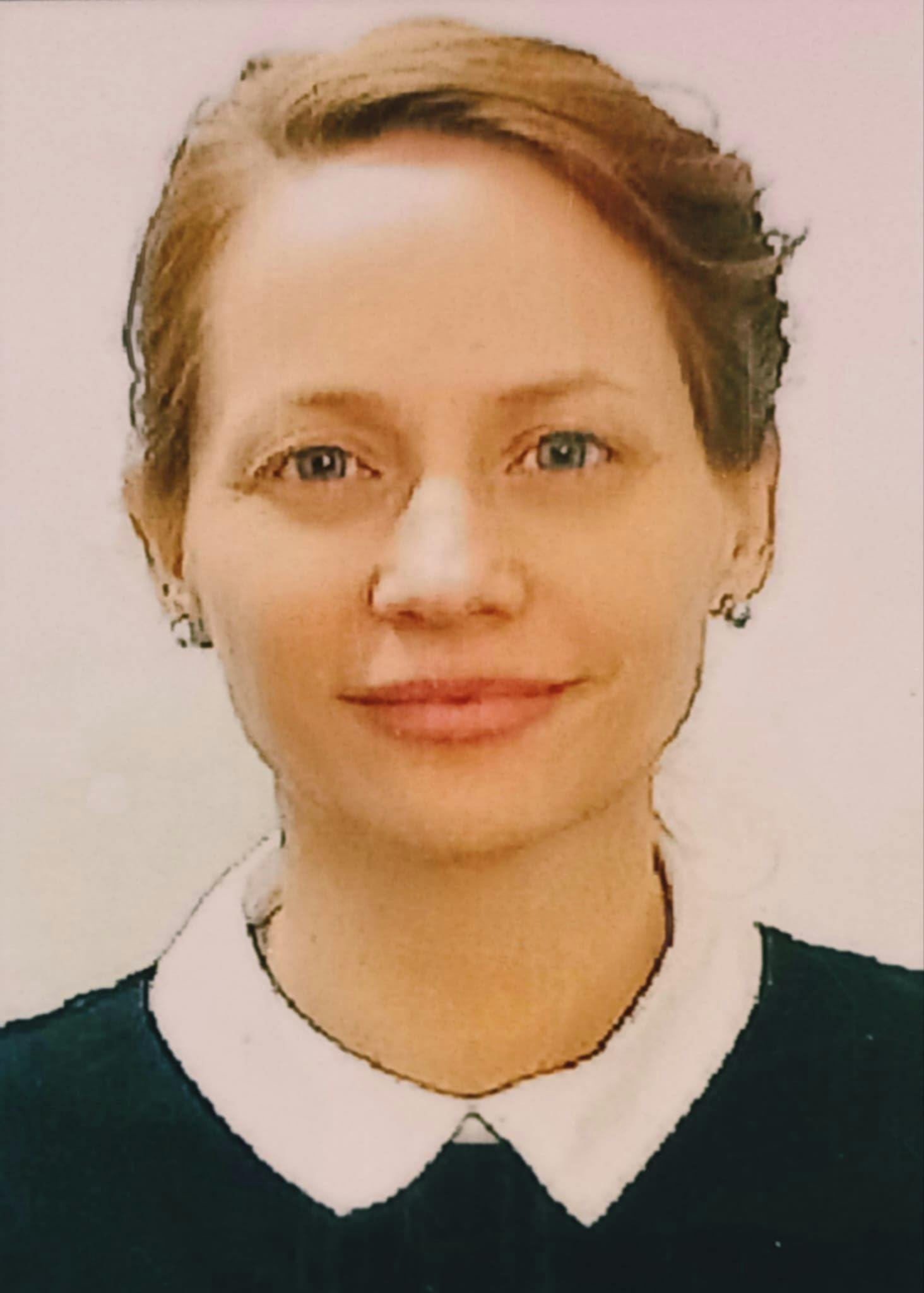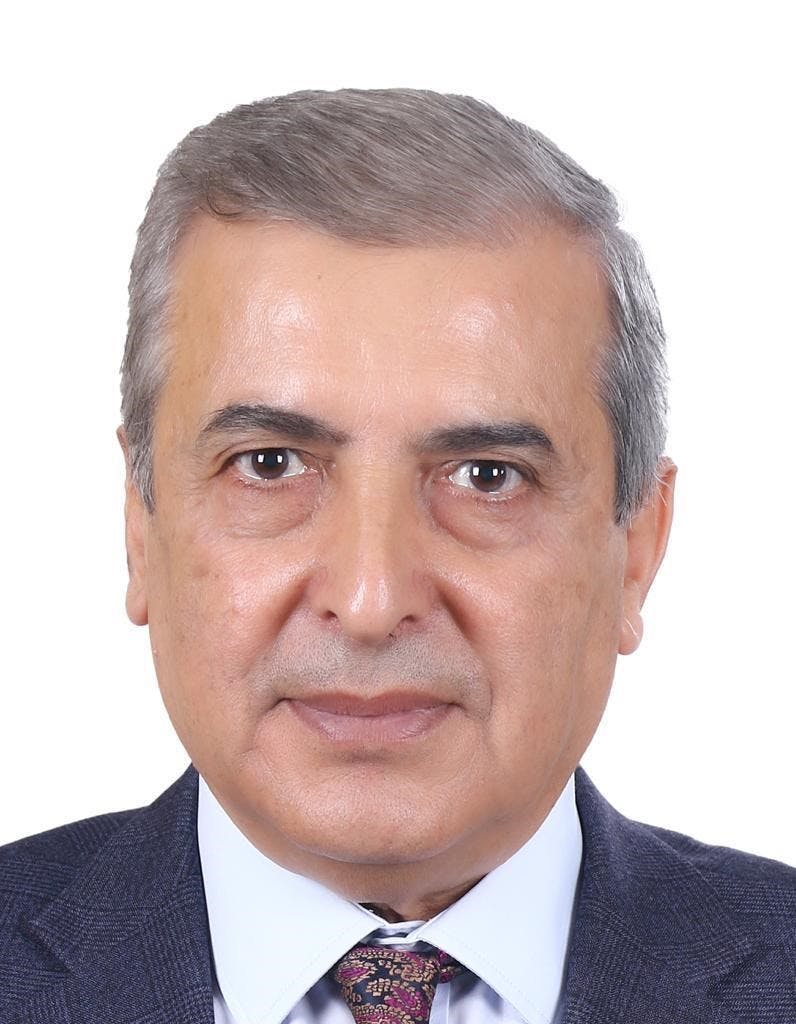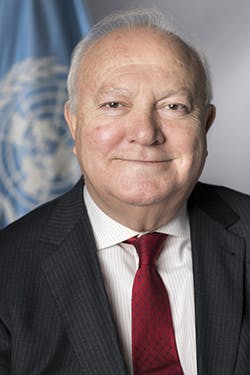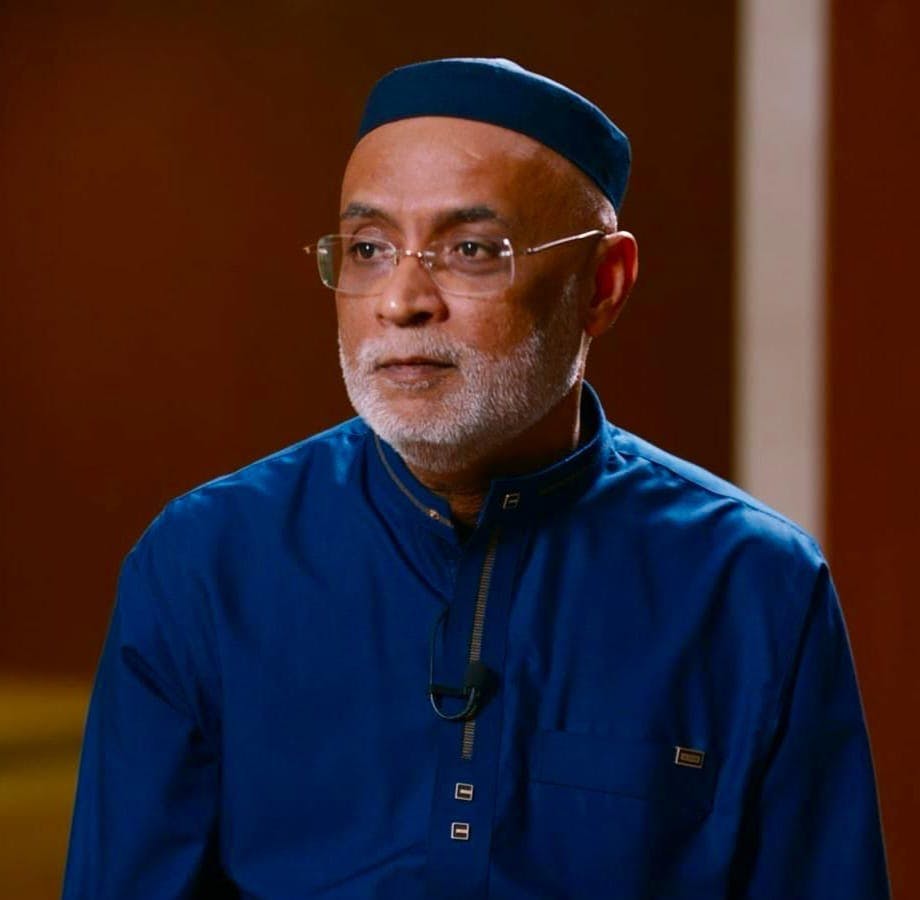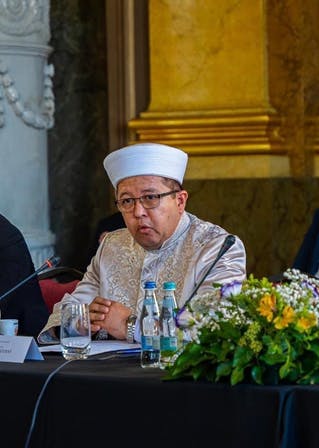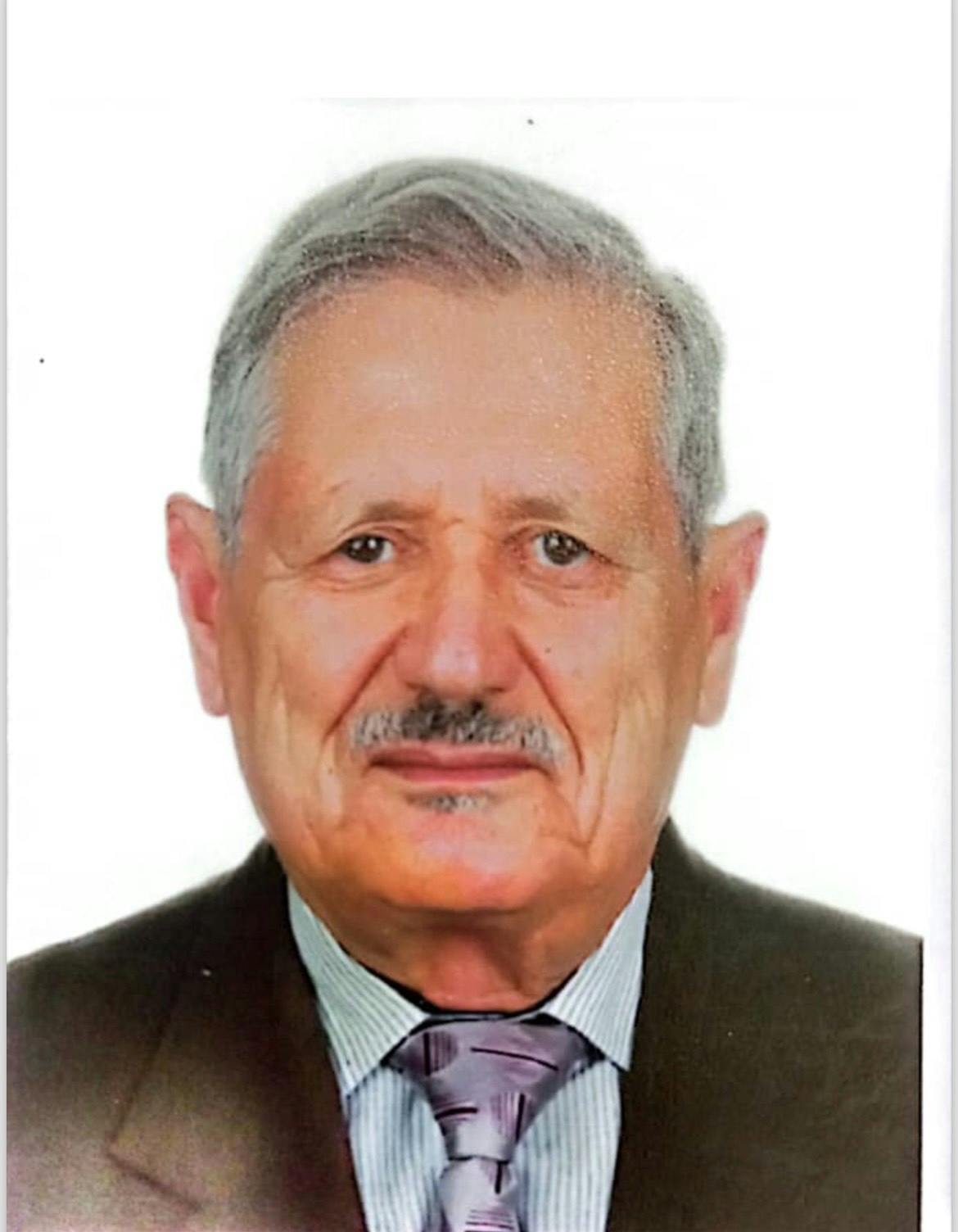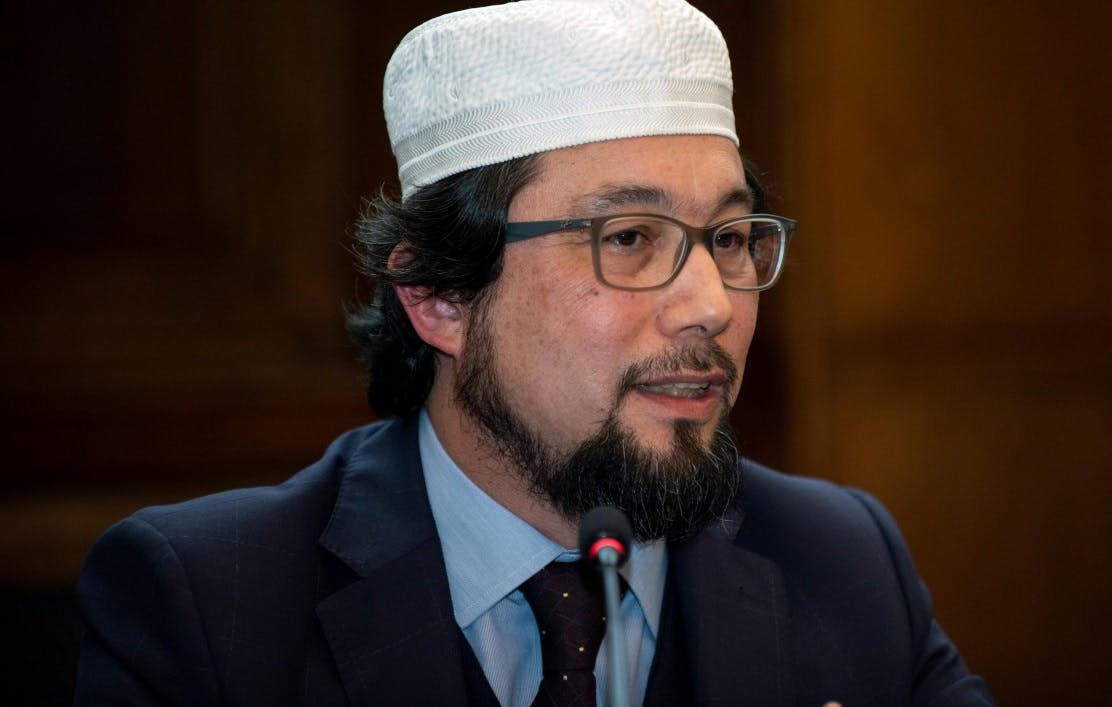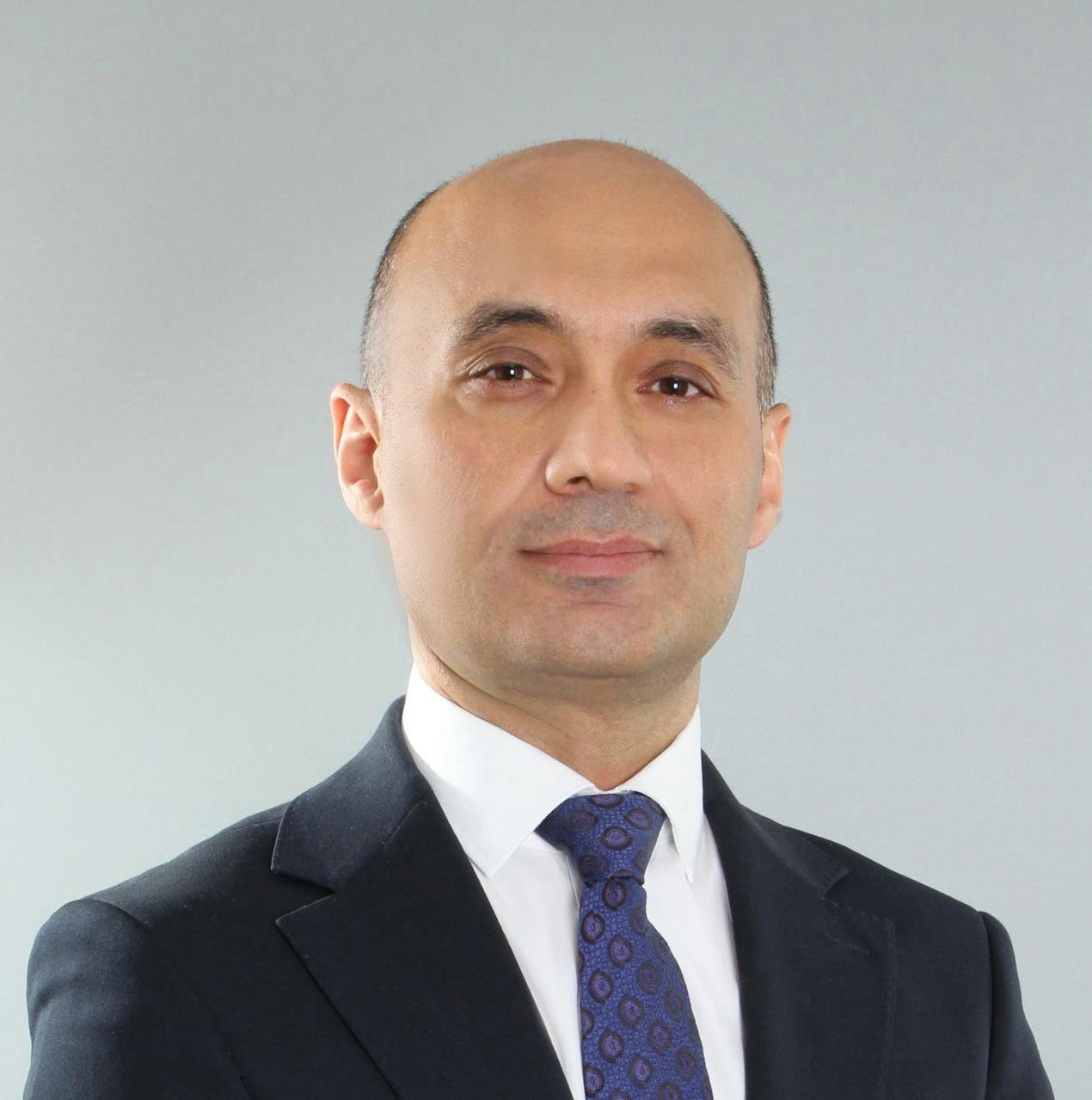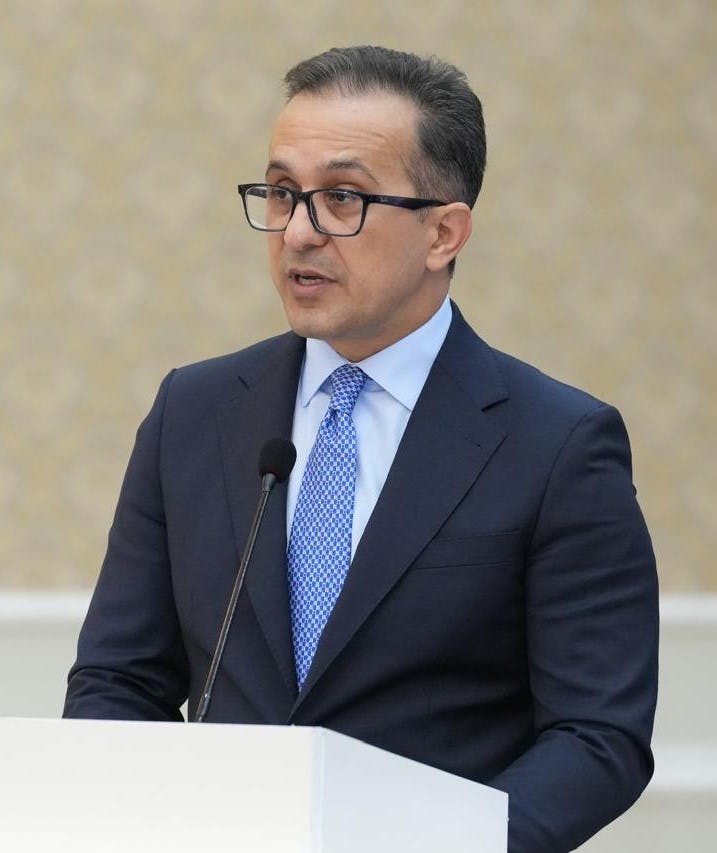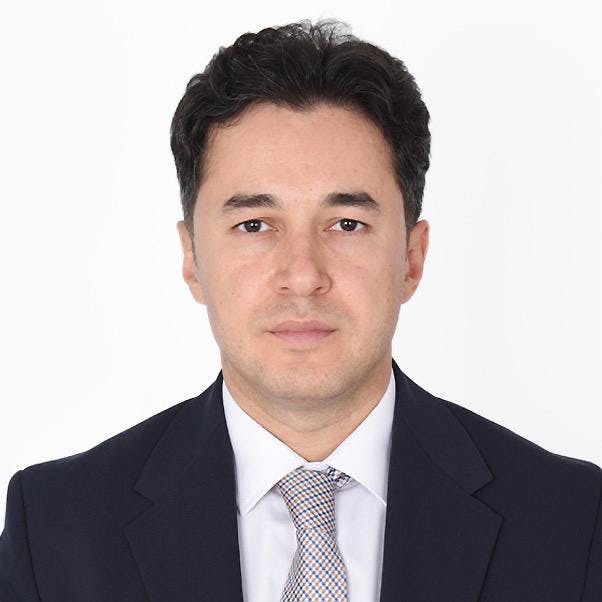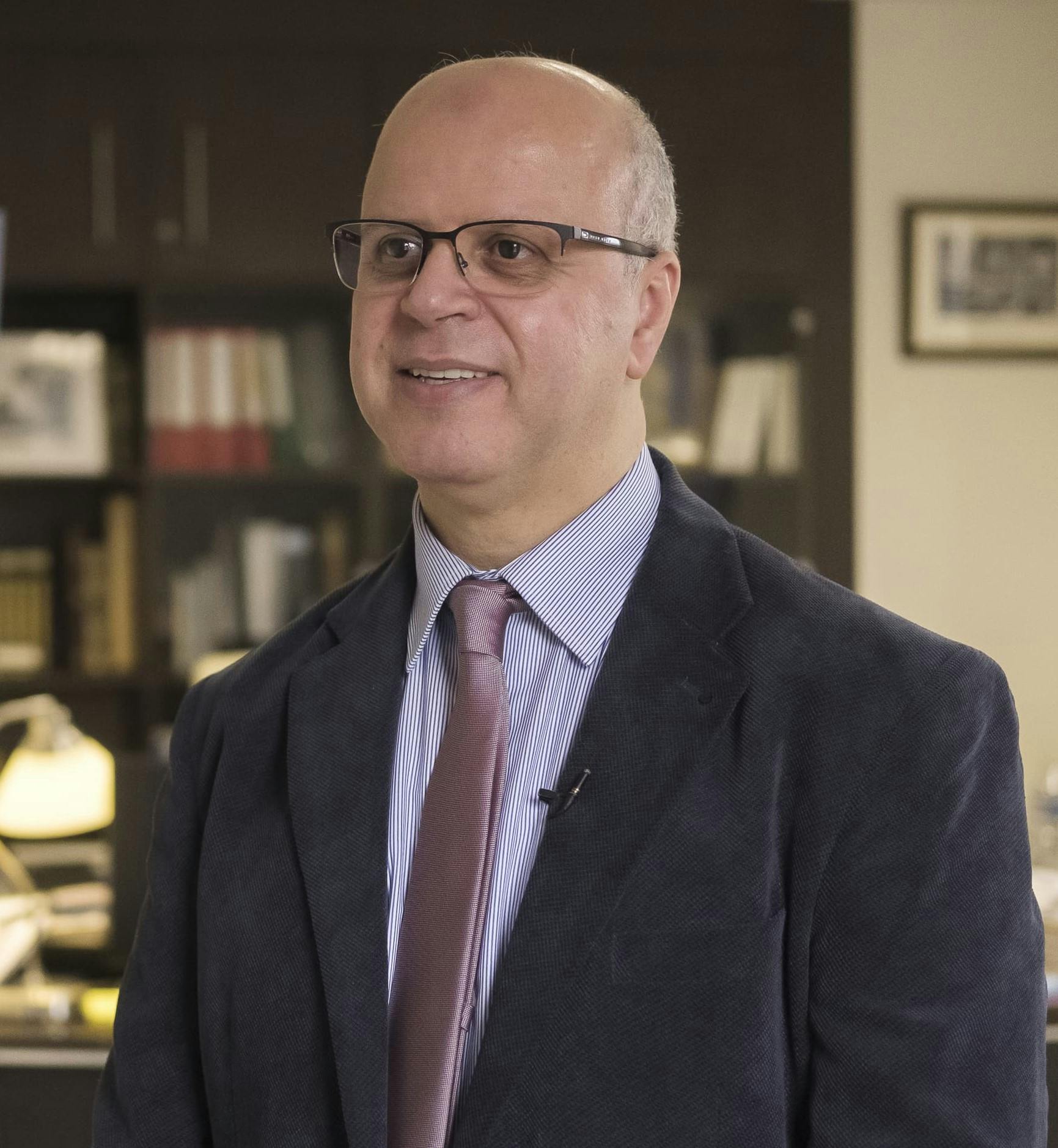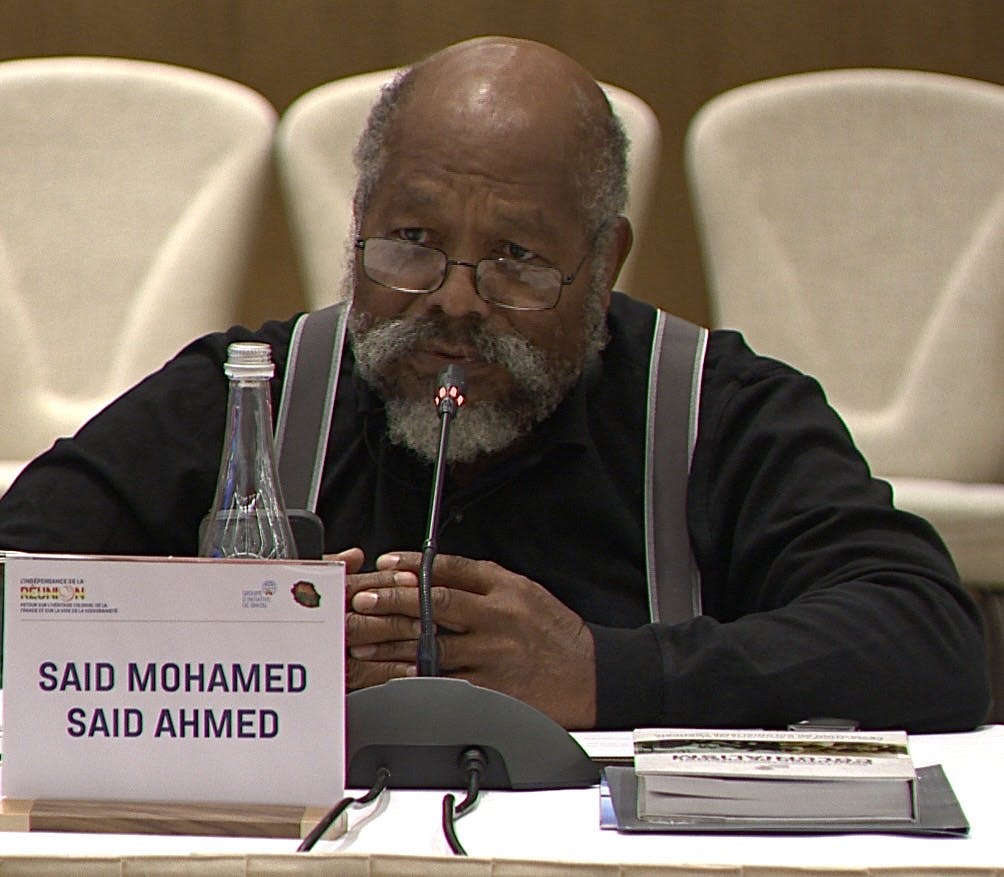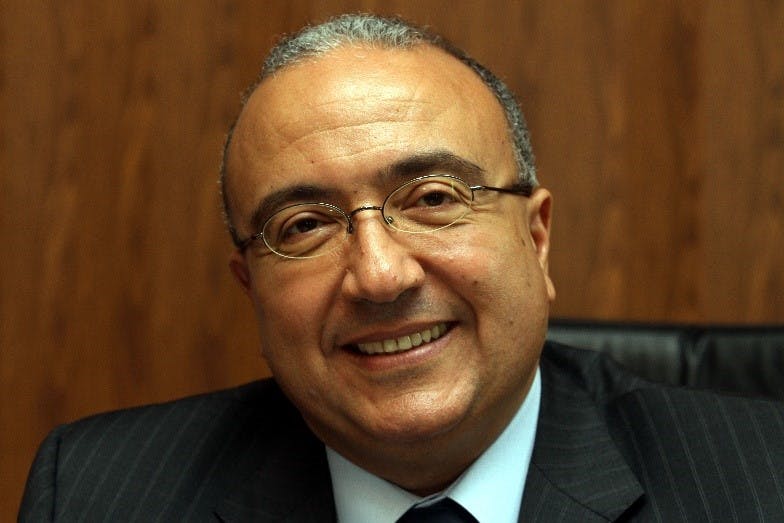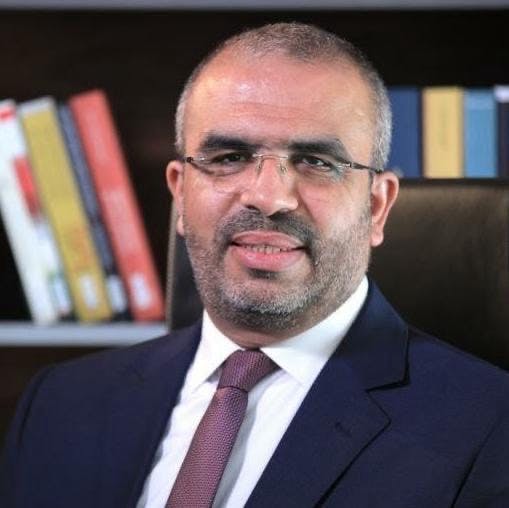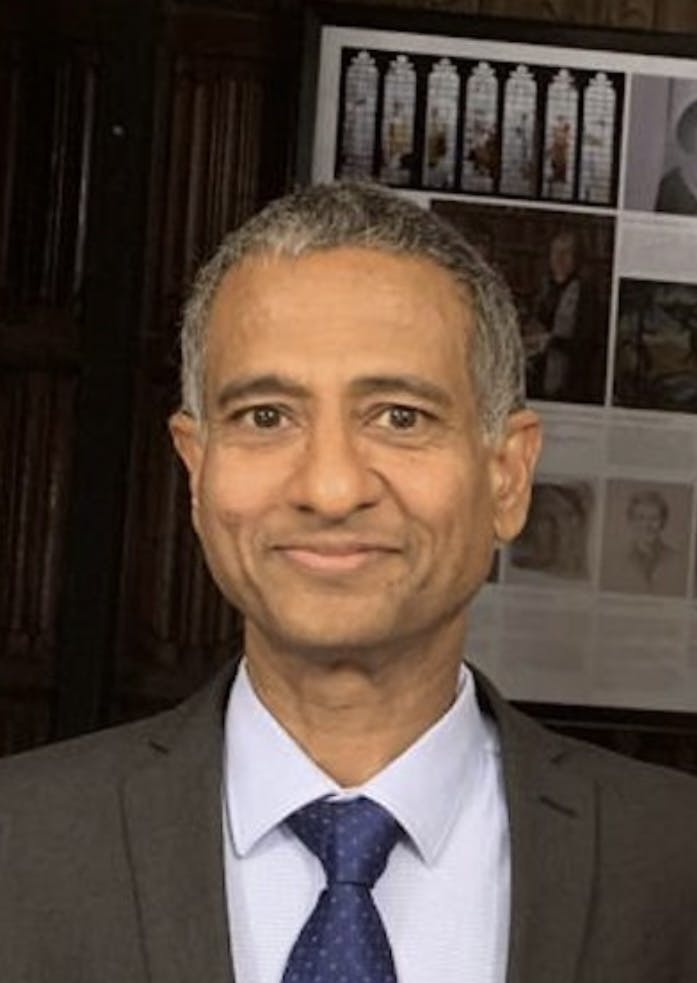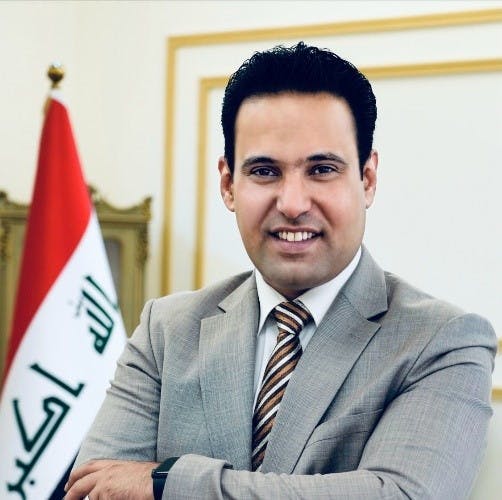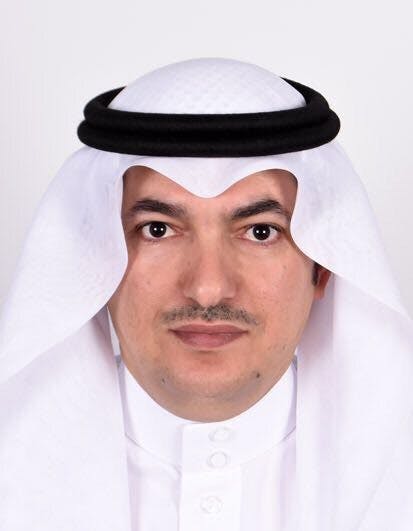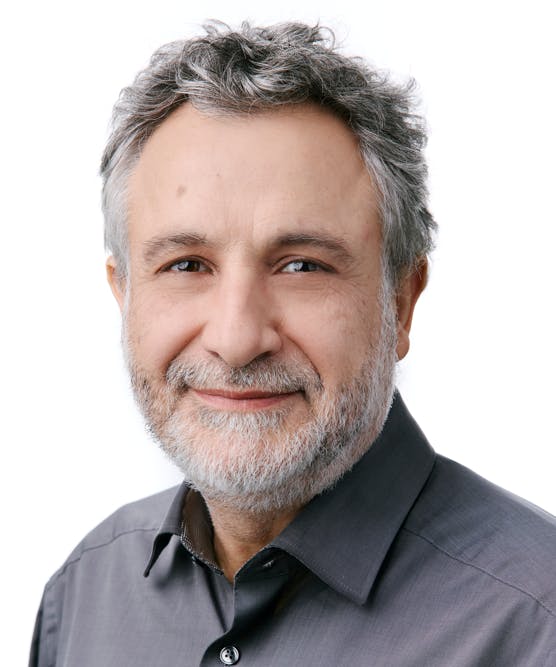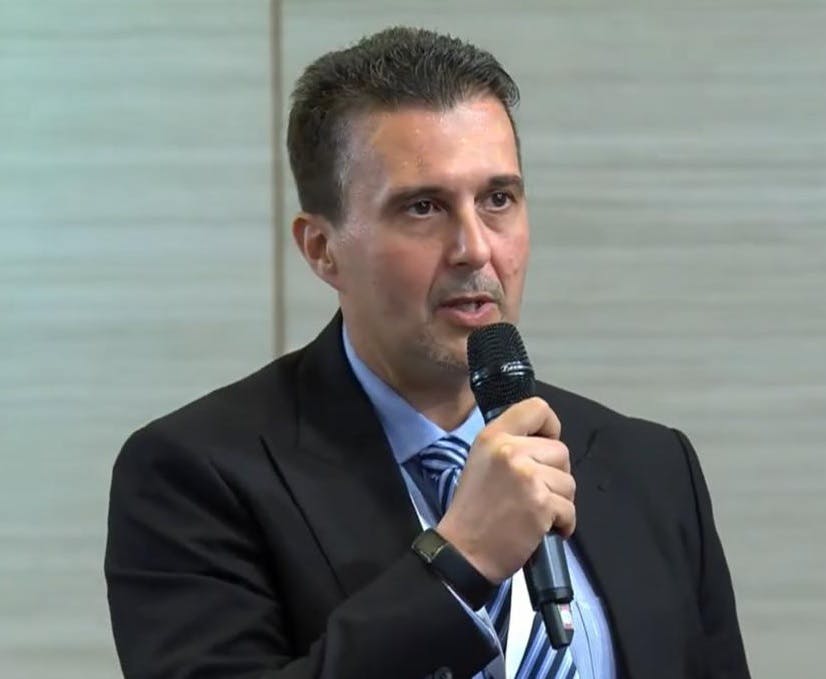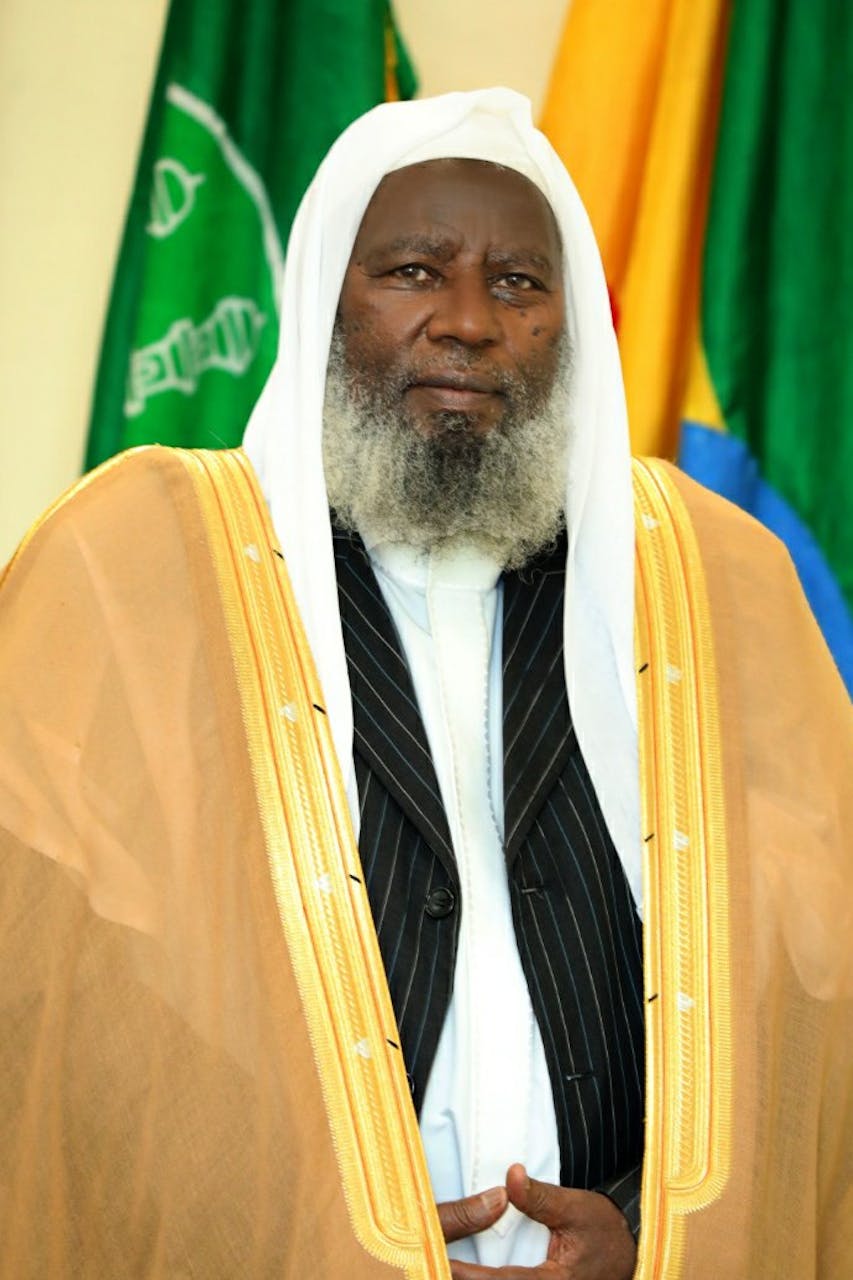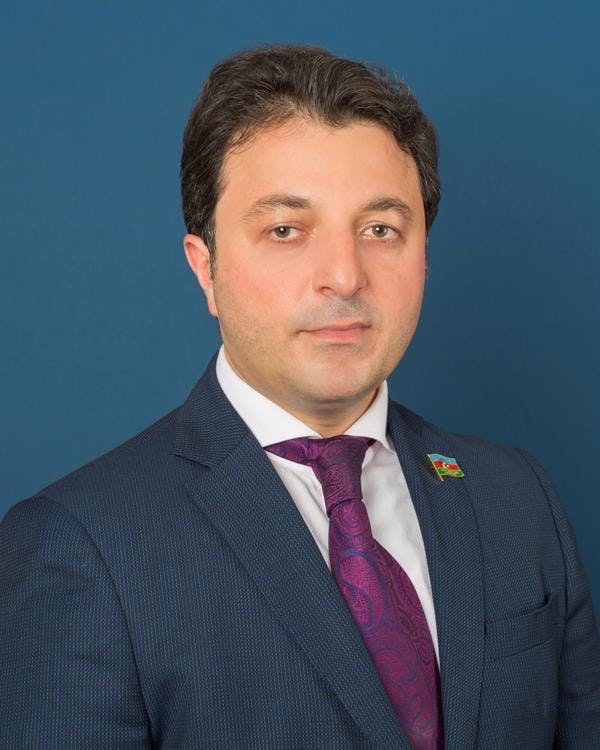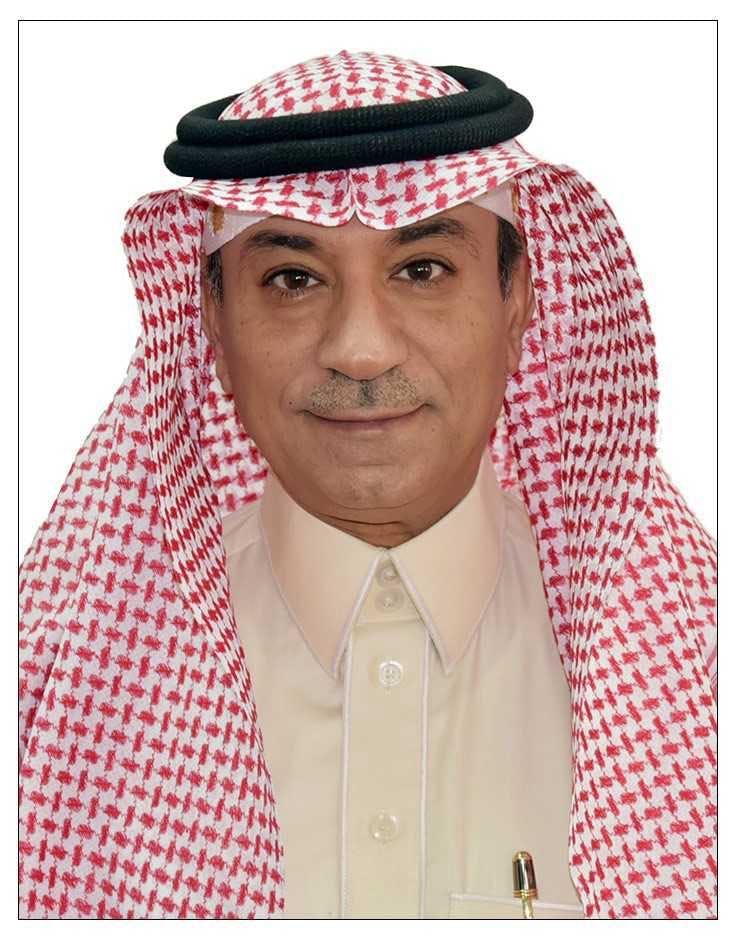

Commemorating the 3rd anniversary of the International day to combat Islamophobia
Conference on “Islamophobia in Focus: Unveiling Bias, Shattering Stigmas” In the aftermath of recent global conflicts, incidents of Islamophobia have surged, with reports of hate crimes, public harassment, and systemic discrimination increasing across multiple regions. This climate not only threatens the safety and dignity of Muslims but also undermines social cohesion, fostering polarization and hostility in diverse societies. Such techniques of deliberately divisive storyboarding of news to foster a broader campaign of mainstreaming Islamophobia serve as a reminder of how a significant part of media remains invested in anti-Muslim and anti-immigrant coverage.
Agenda
Follow the flow of the forum – a detailed schedule of keynote speeches, panel discussions, and more events.
Speakers
Voices That Inspire Change in Times of Intolerance
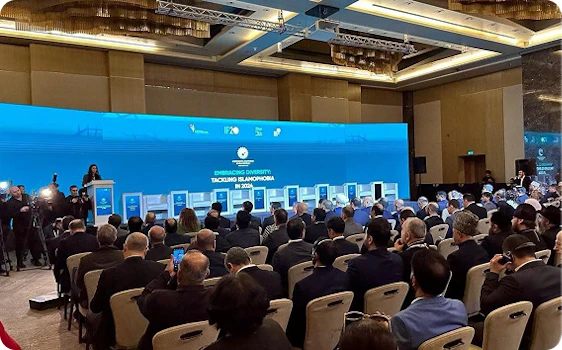
Commemorating the 3rd anniversary of the International Day to Combat Islamophobia:
Meanwhile the impact of Islamophobia on academic staff with a Muslim background come to the focus of another academic publication that once again illustrates how a framework of intersectional oppression - with sexism, classism, racism, and ableism as its tributaries - results in the victimization of Muslims in higher education. A global study on the impact of Islamophobia on students across all stages of education has shed more light on how a series of practices - the result of design or bias - have often transformed educational environments into conduits of discrimination.
Addressing Islamophobia requires a collective effort from governments, civil society, media, and individuals. By fostering understanding and promoting inclusiveness, we can build societies where diversity is celebrated and everyone, regardless of their faith, can live with dignity and security. If one truly wishes to accomplish a society where everyone is fully accepting of others’ ideas and cultures, one needs to expose them more to this diversity rather than reduce it into a false non-existing bland form of “neutrality.”
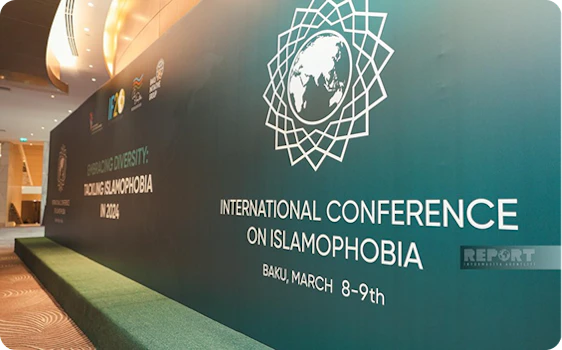
The Third Baku Conference on Islamophobia: Global Reflections, Local Commitment
The third Baku conference themed “Islamophobia in Focus: Unveiling Bias, Shattering Stigmas” will convene professionals, academics, and government officials to explore the global, historical, theological, and political dimensions driving Islamophobia. Participants will engage in insightful discussions, pose critical questions, and examine the intellectual origins of prejudice against Muslims and Islam.
A comprehensive report that can serve as a working document for international organizations will be presented during the event. Moreover, localhost website on Islamophobia will be launched as an observatory platform that will reflect a state of Islamophobia worldwide. Our aim is clear: to cultivate an environment where people of all faiths coexist harmoniously, where diversity is celebrated, and where principles of justice and equality prevail.
Azerbaijan remains steadfast in its commitment to combating Islamophobia on the modern front. Over the past two years, Baku International Multiculturalism Centre (BIMC) and the Center of Analysis of International Relations (AIR Center) in partnership with the G20 Interfaith Forum have successfully held international conferences dedicated to Islamophobia.

Collective Voices Against Islamophobia: Insights, Collaboration, and Impact
The aim of the conferences was to contribute to the ongoing efforts to combat Islamophobia in all its forms and manifestations. Throughout the conferences, participants engaged in discussions on various aspects of combating Islamophobia, including the importance of adopting an intersectional approach, addressing conspiracy theories about Muslims, examining historical and contemporary perspectives on Islamophobia, fostering joint cooperation in combating Islamophobia, and exploring the role of international organizations. Additionally, discussions centered on promoting religious diversity and interfaith respect to build harmonious societies.
The conference will include the plenary and breakout sessions. Each panel comprises 5 speakers and a moderator, with presentations lasting 8-10 minutes followed by a Q&A session. The outcomes of the conference and its publications are envisioned to serve as advisory resources and roadmaps for nation-states grappling with the complex challenges posed by Islamophobia.

